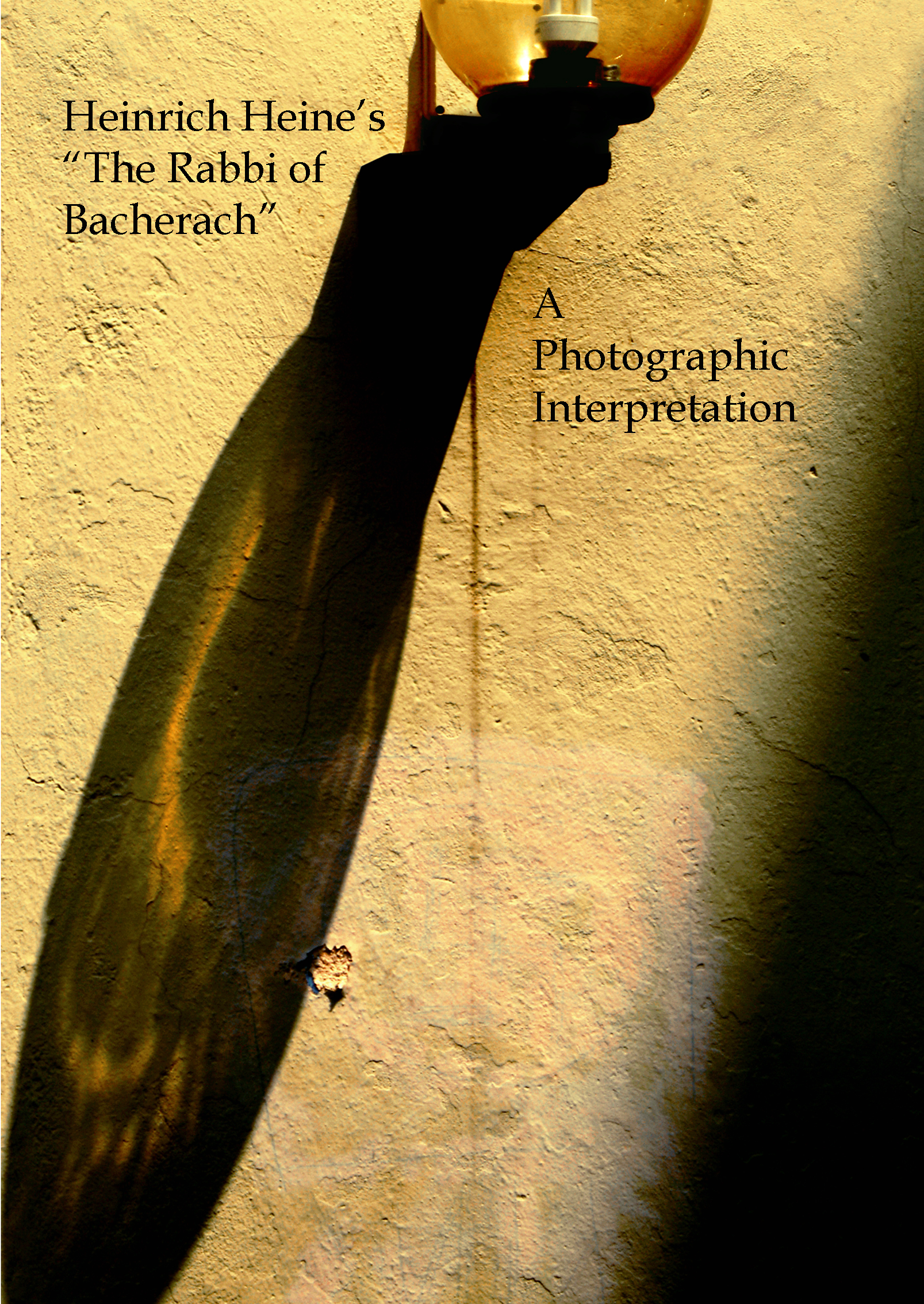
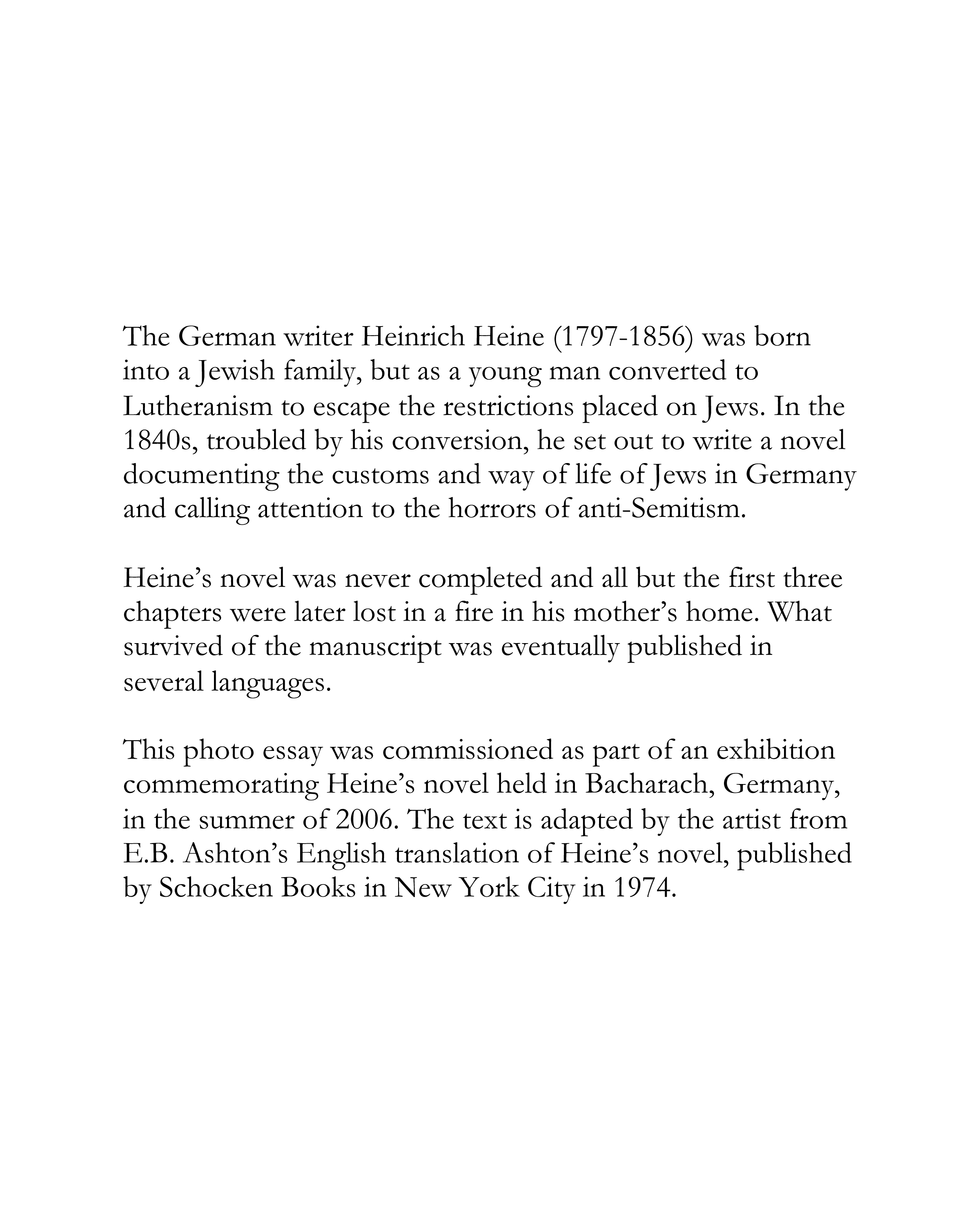
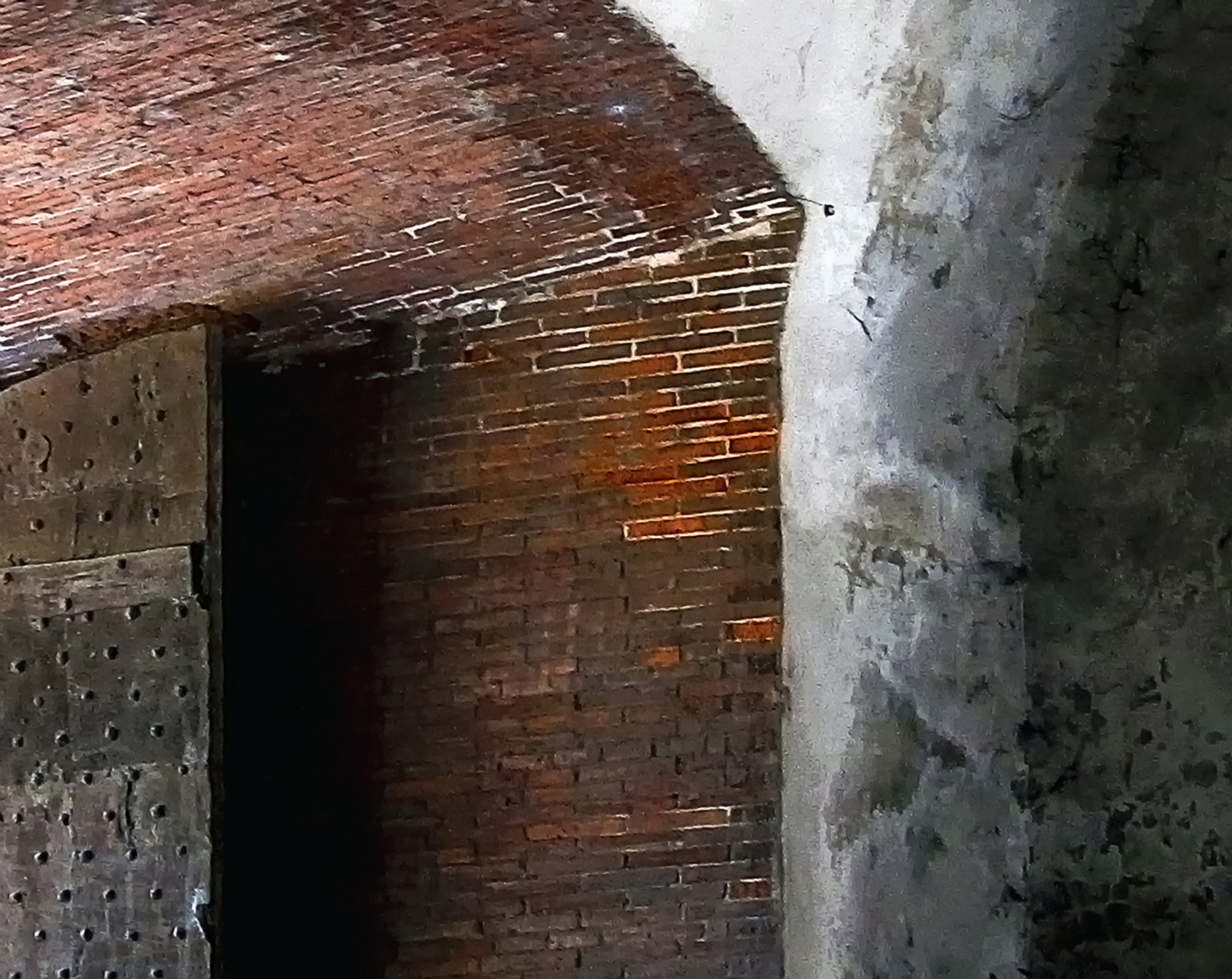
Above the Rhineland, where the great river's banks cease to smile, lies the gloomy, ancient town of Bacharach.
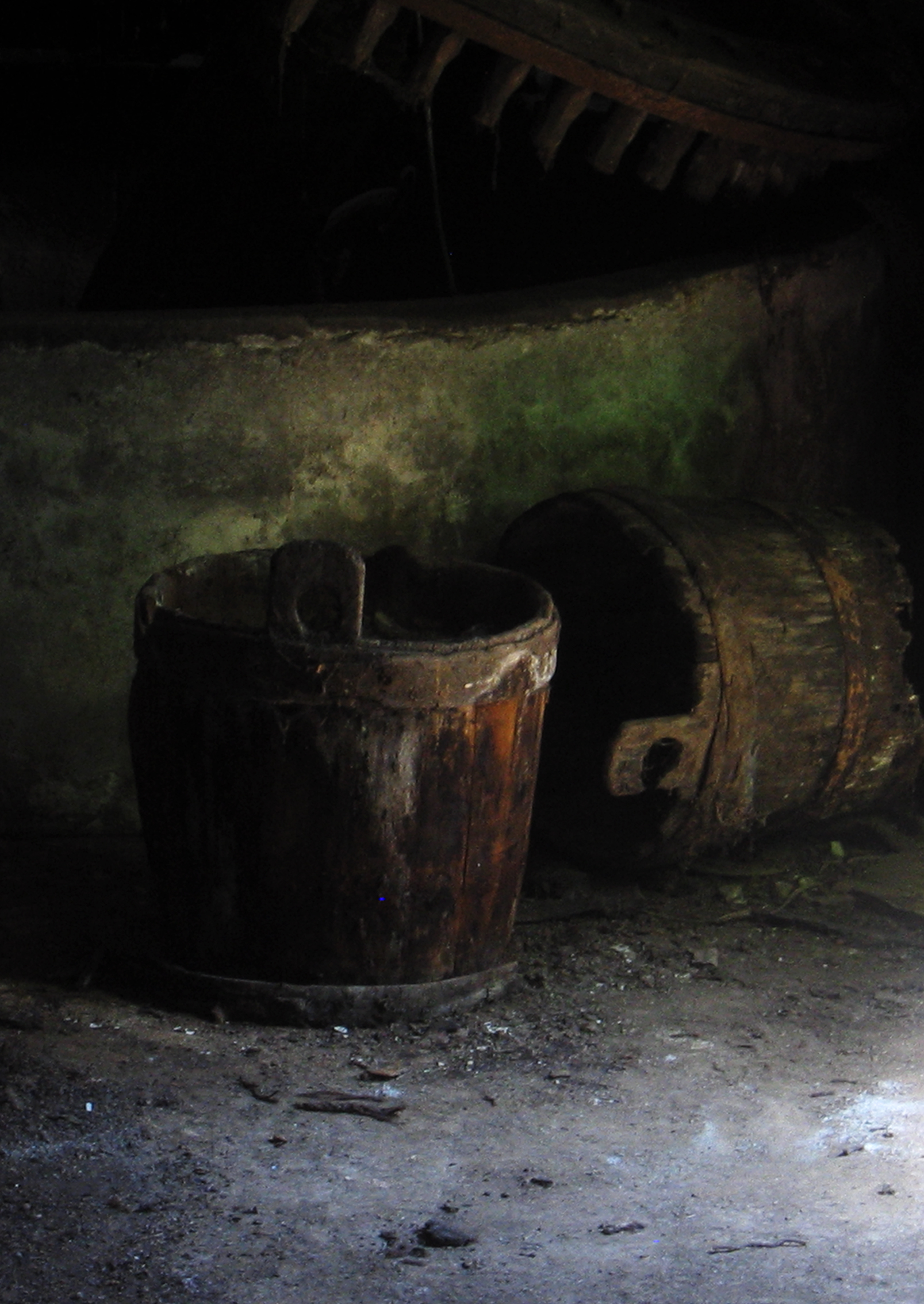
One of the most isolated and helpless of bodies, gradually crushed by the civil law, was the small Jewish community, which had first settled in Bacharach in Roman days.
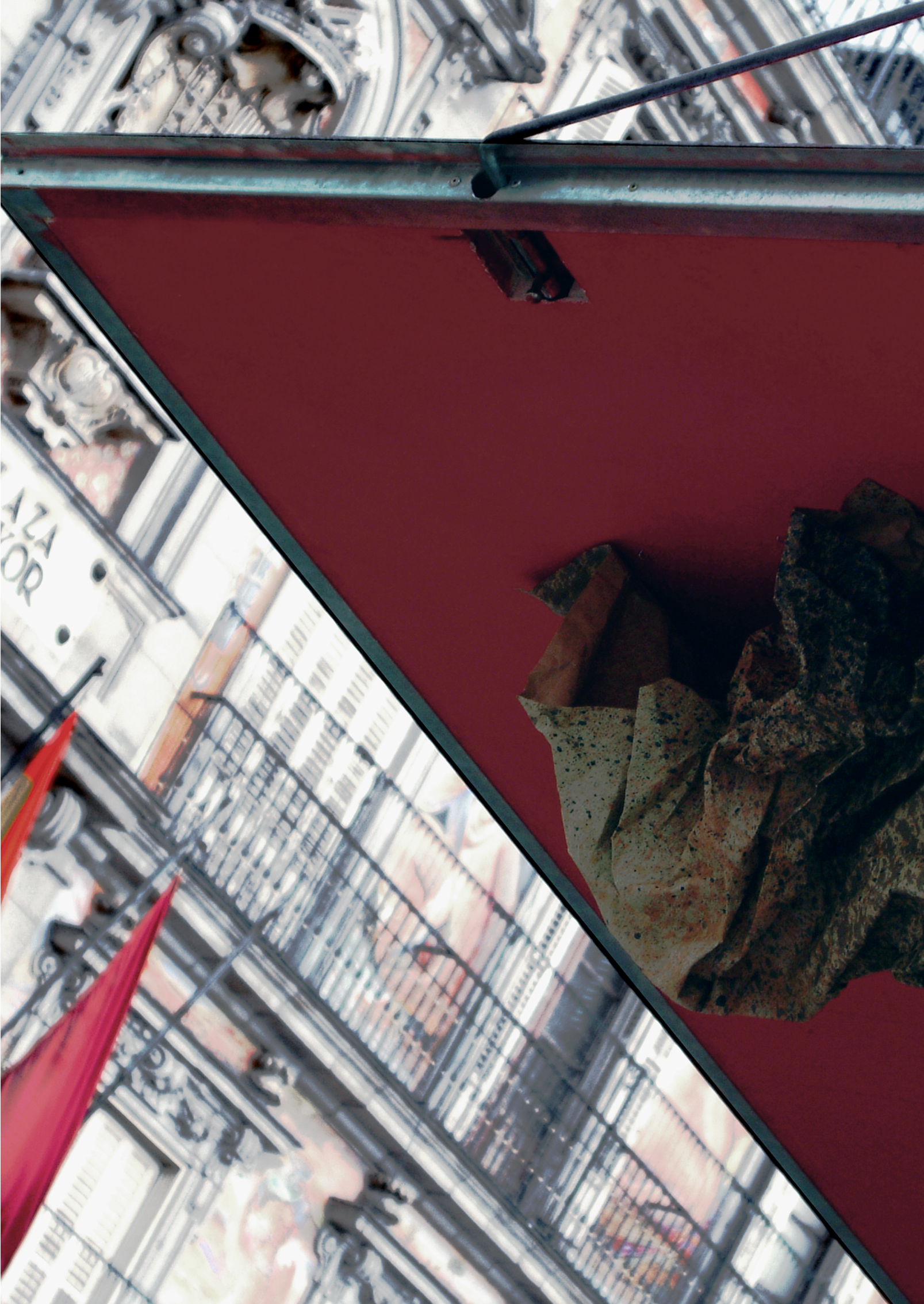
On Passover, the Jews were entirely in the hands of their enemies, who could encompass their destruction with ease by spreading rumors of an infanticide, perhaps even sneaking the corpse of a child into a Jewish outcast's house.
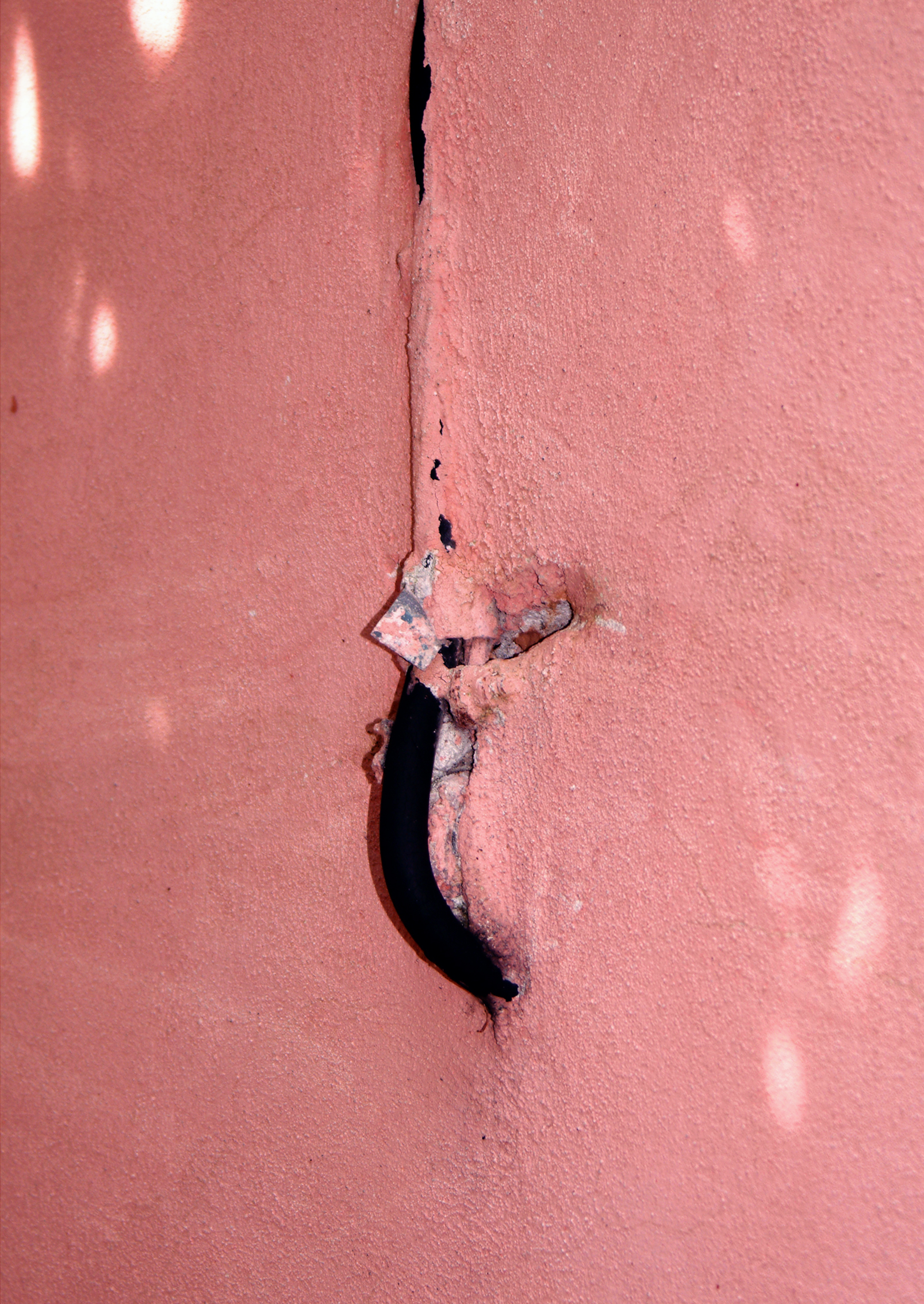
There would be murder, plunder, and baptism; and great miracles would be wrought by the dead child, whom the Church might even canonize in the end.
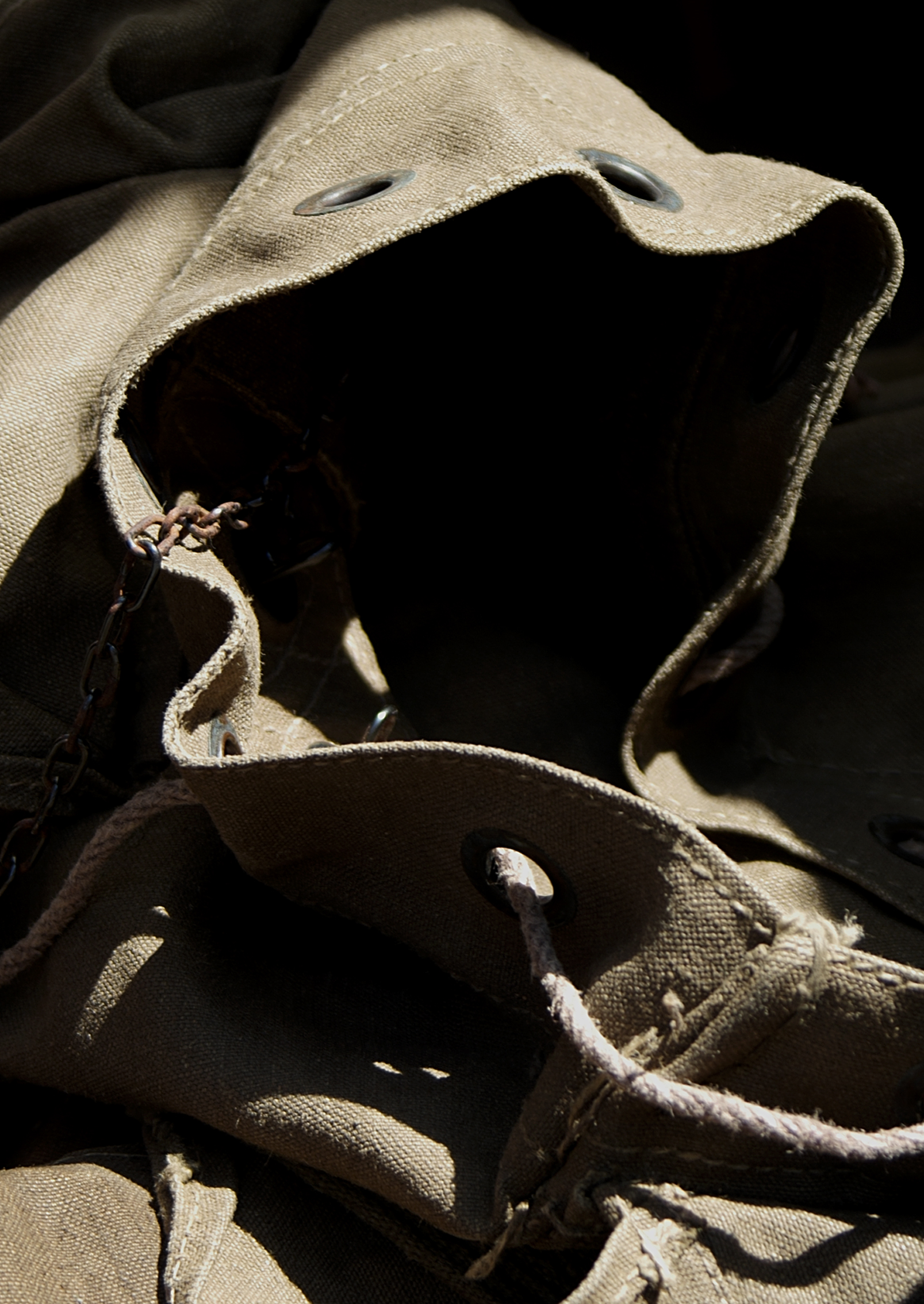
Saint Werner is one of these saints; in his honor several great churches were built along the Rhine and innumerable Jews abused and murdered.
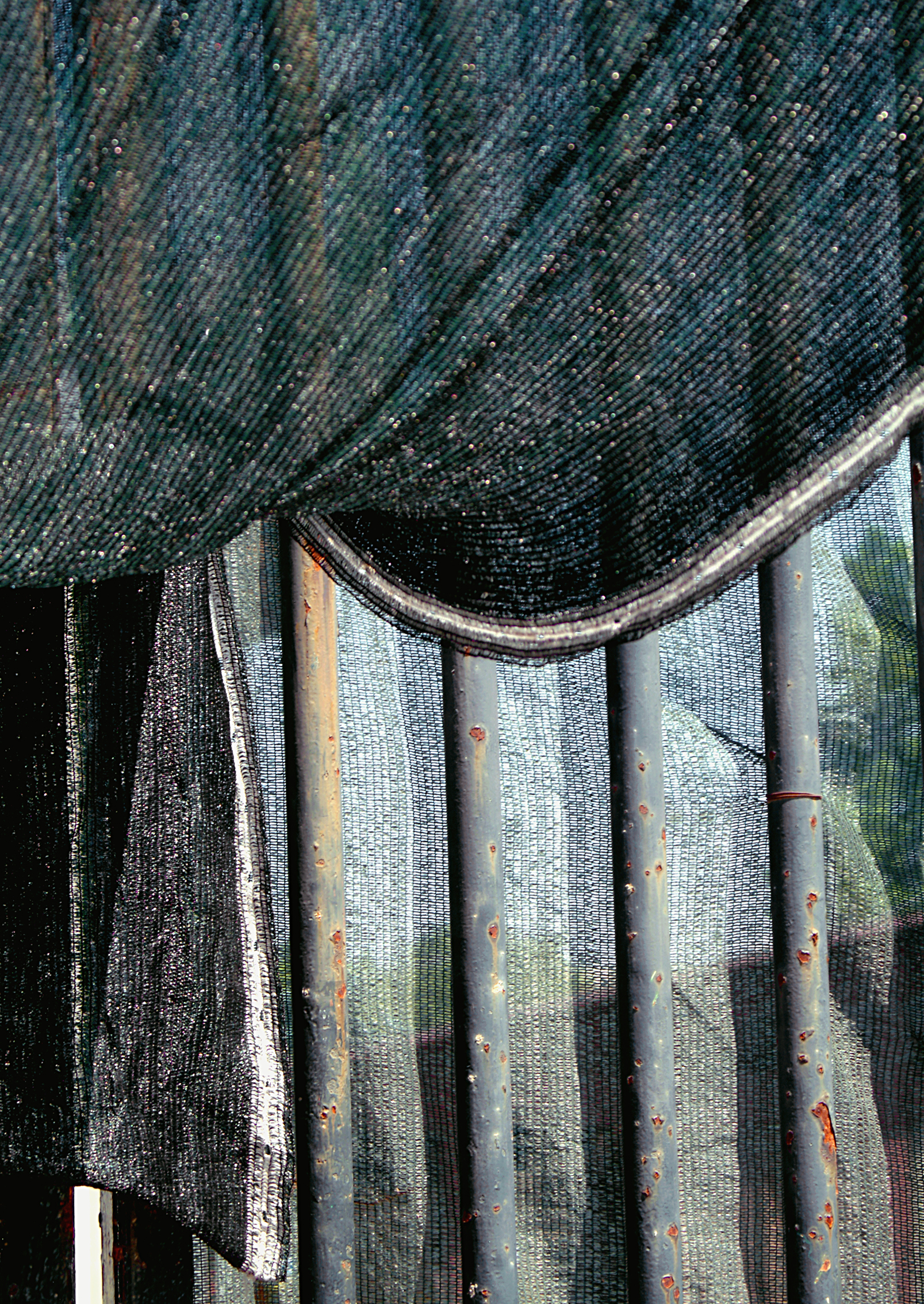
The more they were beset with hate from without, the more fond and tender grew the Bacharach Jews' domestic life, and the more profound their piety and fear of God.
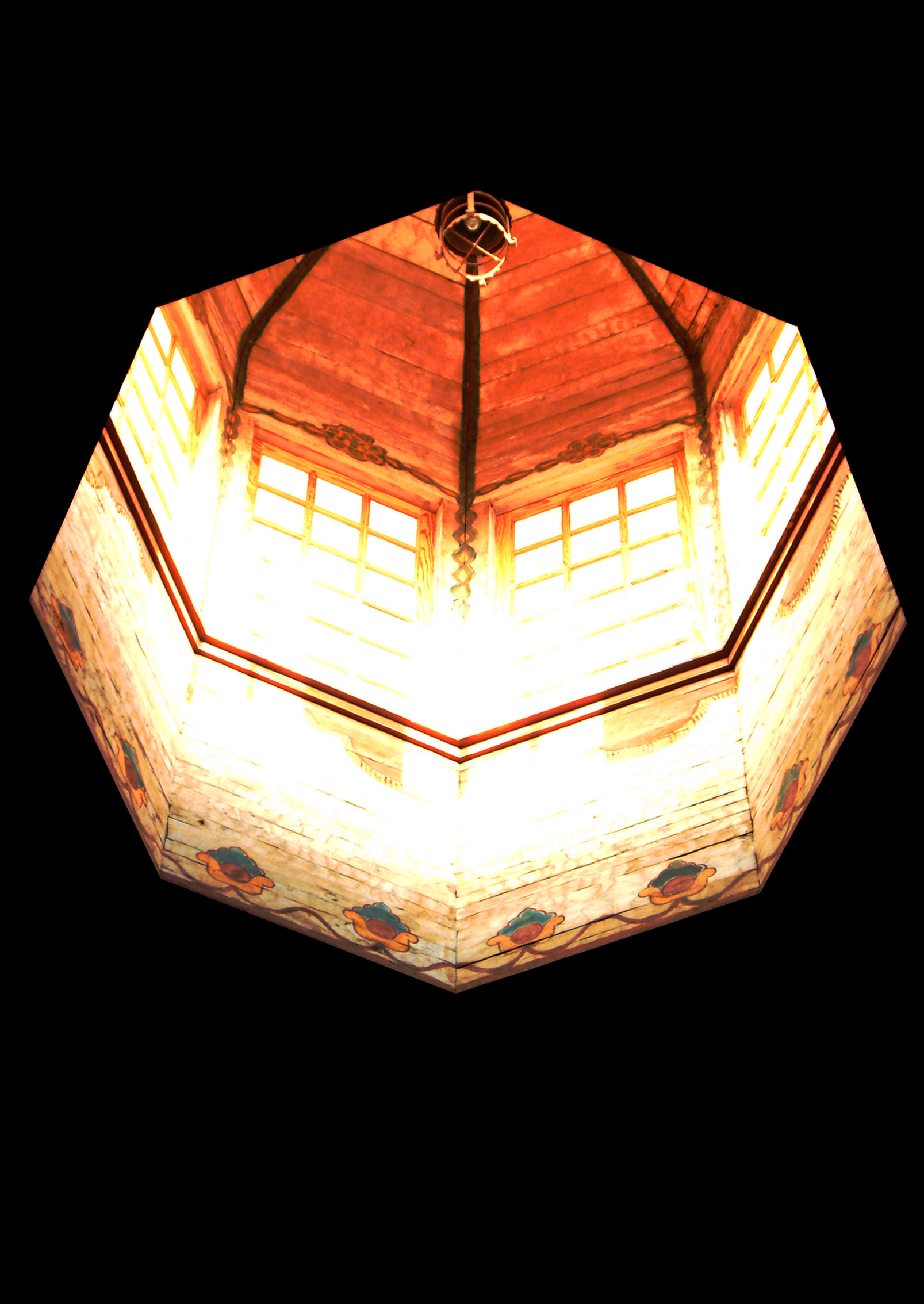
A model of godly conduct was the local Rabbi, called Rabbi Abraham, whose life had been extremely pure, pious and earnest. He observed the most trivial rites with painful conscientiousness.

The Rabbi had wed Sarah, against her father's will. He roared and raged at her: "Cut off your hair. You are a married woman."
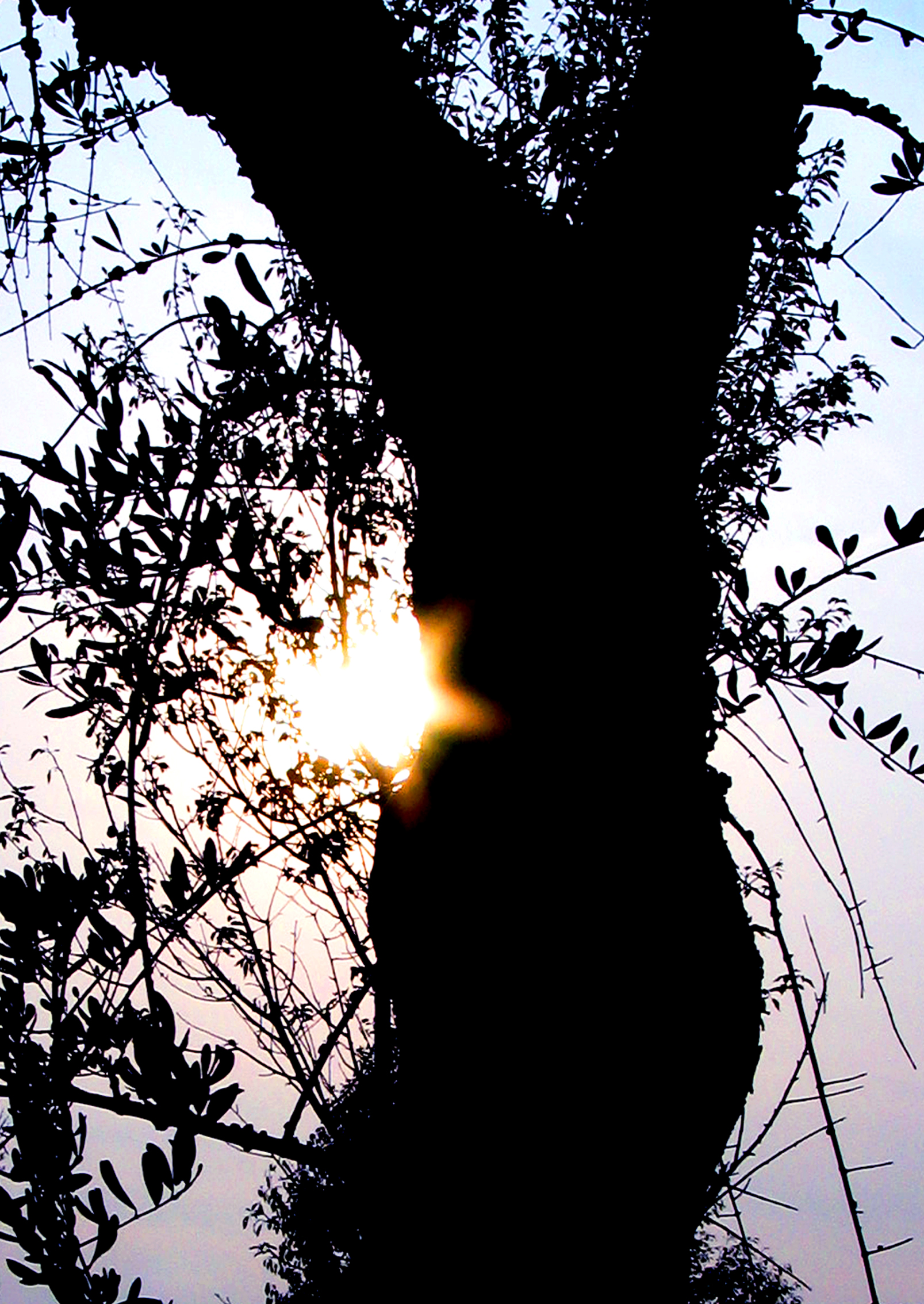
The Rabbi's marriage was childless, yet there was about him no lack of life or gaiety. The great hall of his house was open to the whole community.
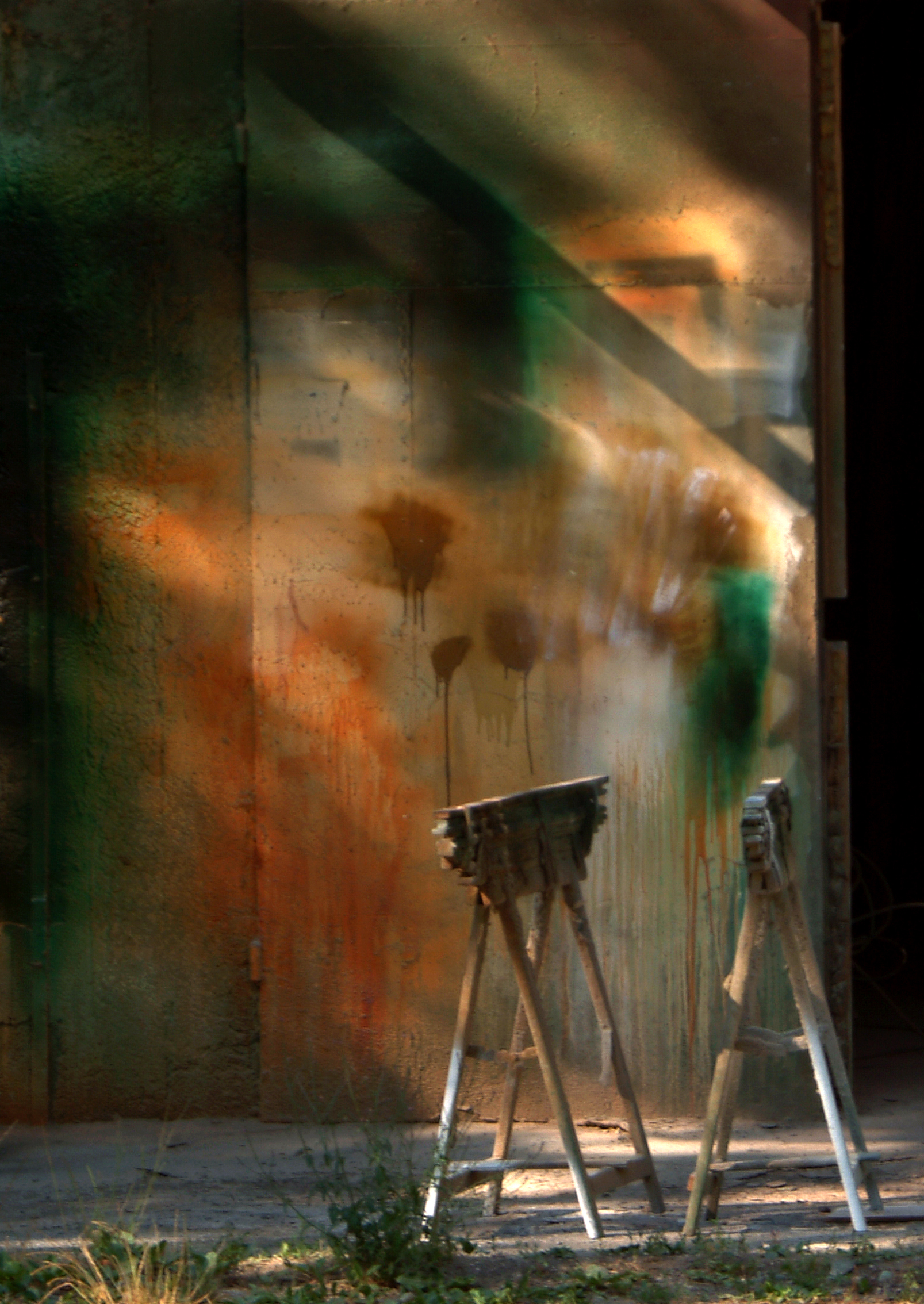
The nocturnal festival of Passover is melancholically gay and gravely playful, mysterious as a fairy tale.
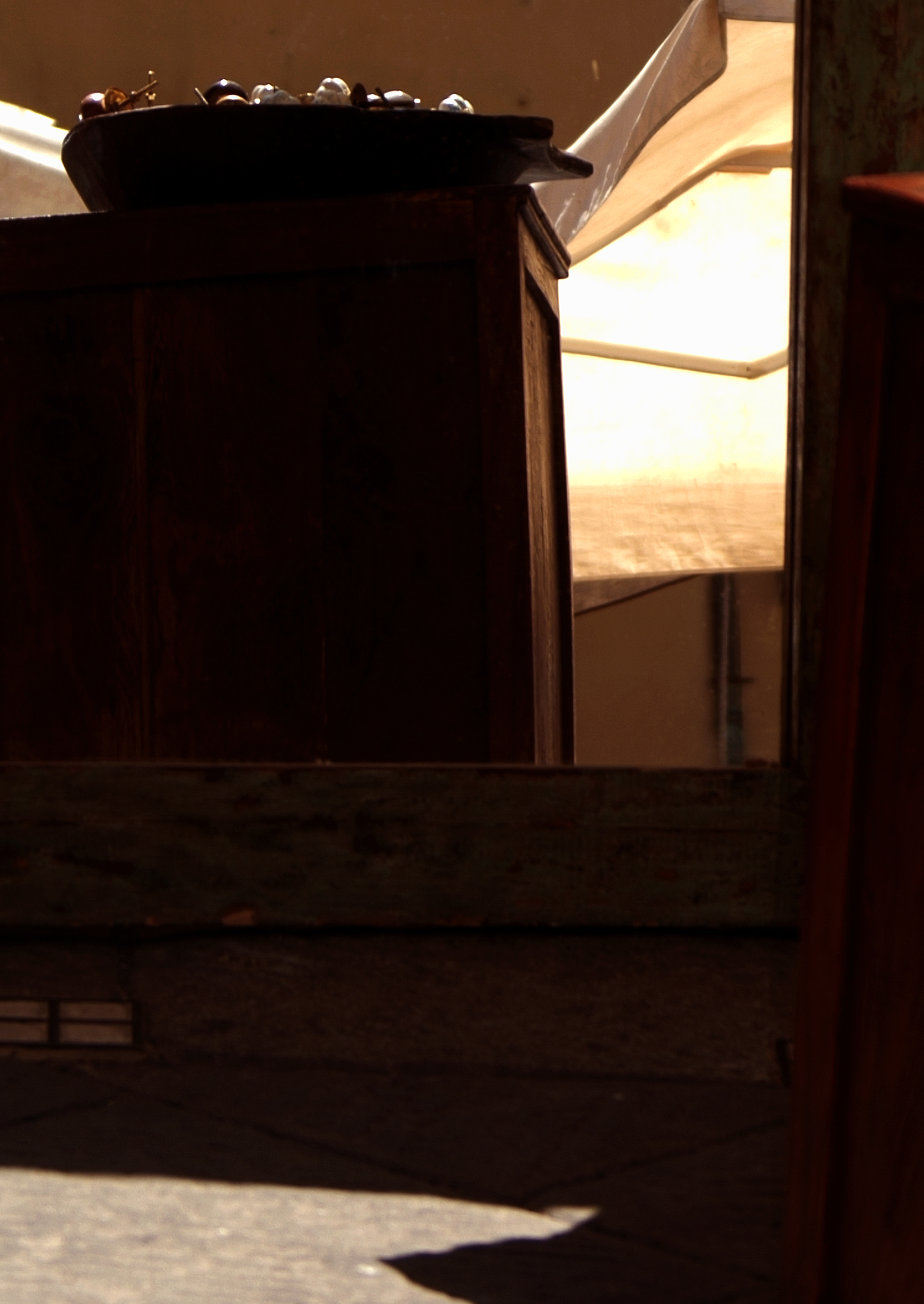
On this Passover, everything in the hall was brighter than usual. The Sabbath lamp cast its festive light on the faces of old and young.
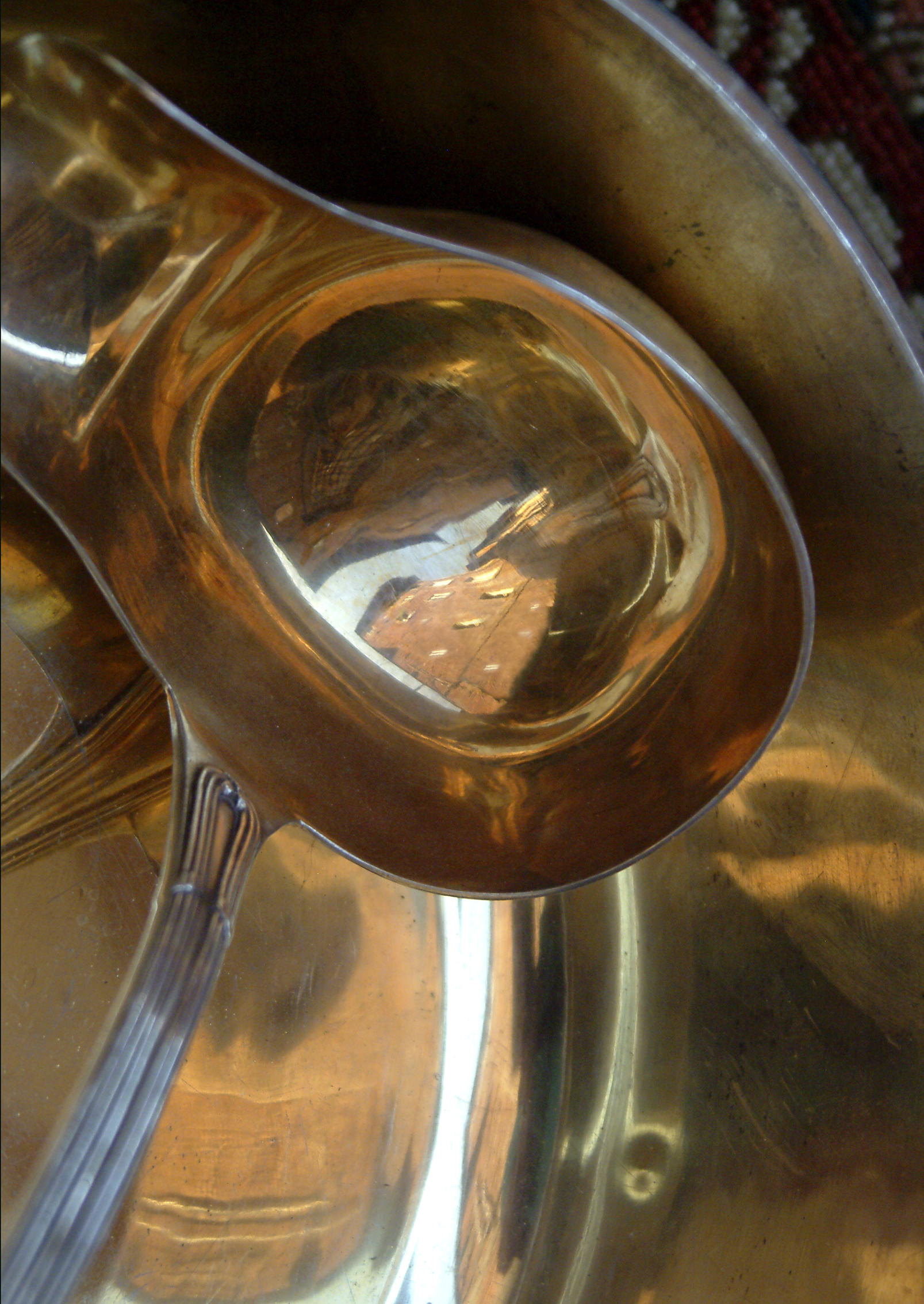
Taking a piece of the unleavened bread, the Rabbi raised it and read the words from the Haggadah: "Behold, this is the bread our fathers ate in Egypt. Whoever is hungry, let him come and share it."
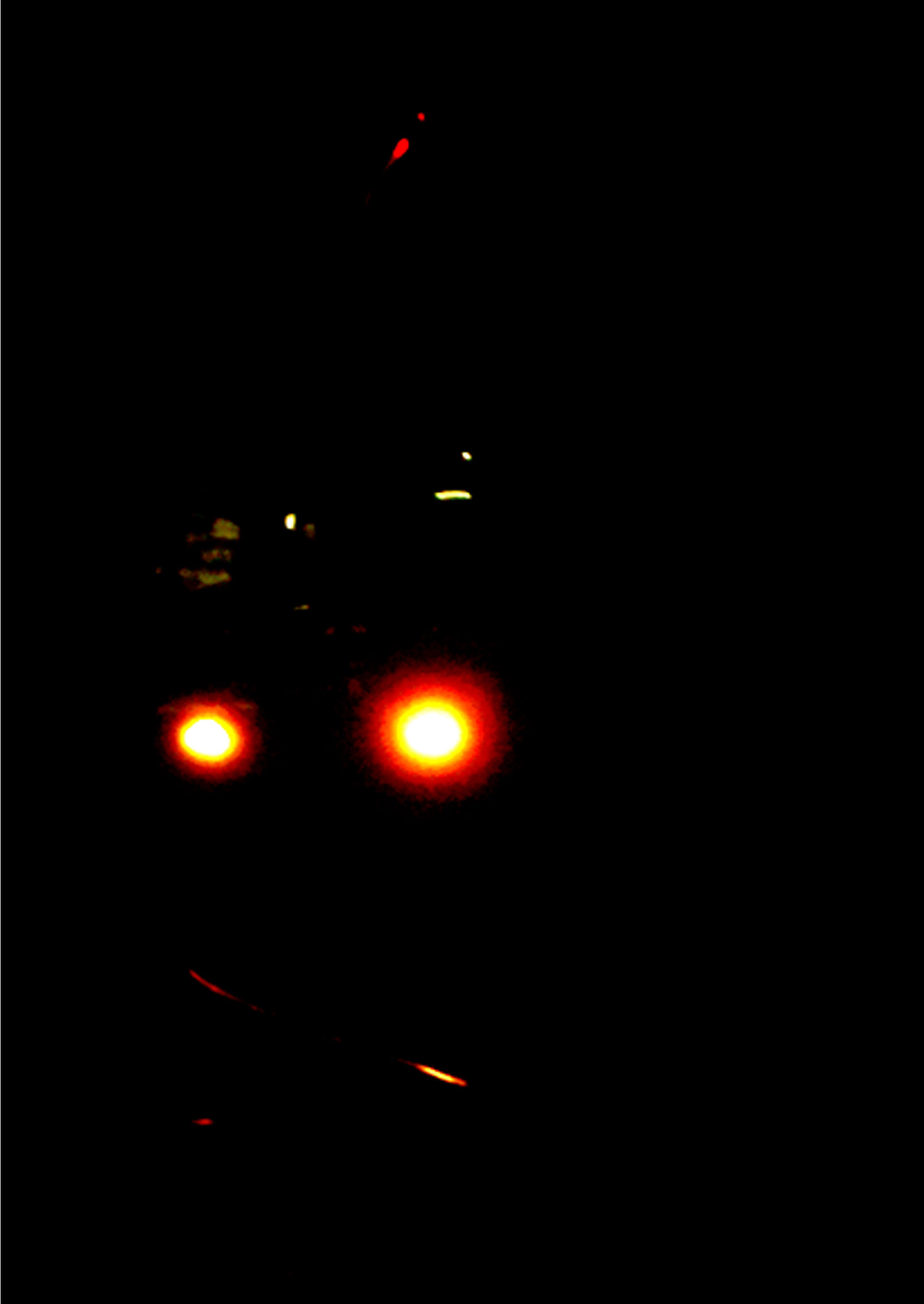
The door of the hall opened and two tall, pale men entered, wrapped in wide cloaks, and one of them said: "Peace be with you. We are men of your faith on a journey and wish to celebrate Passover with you."
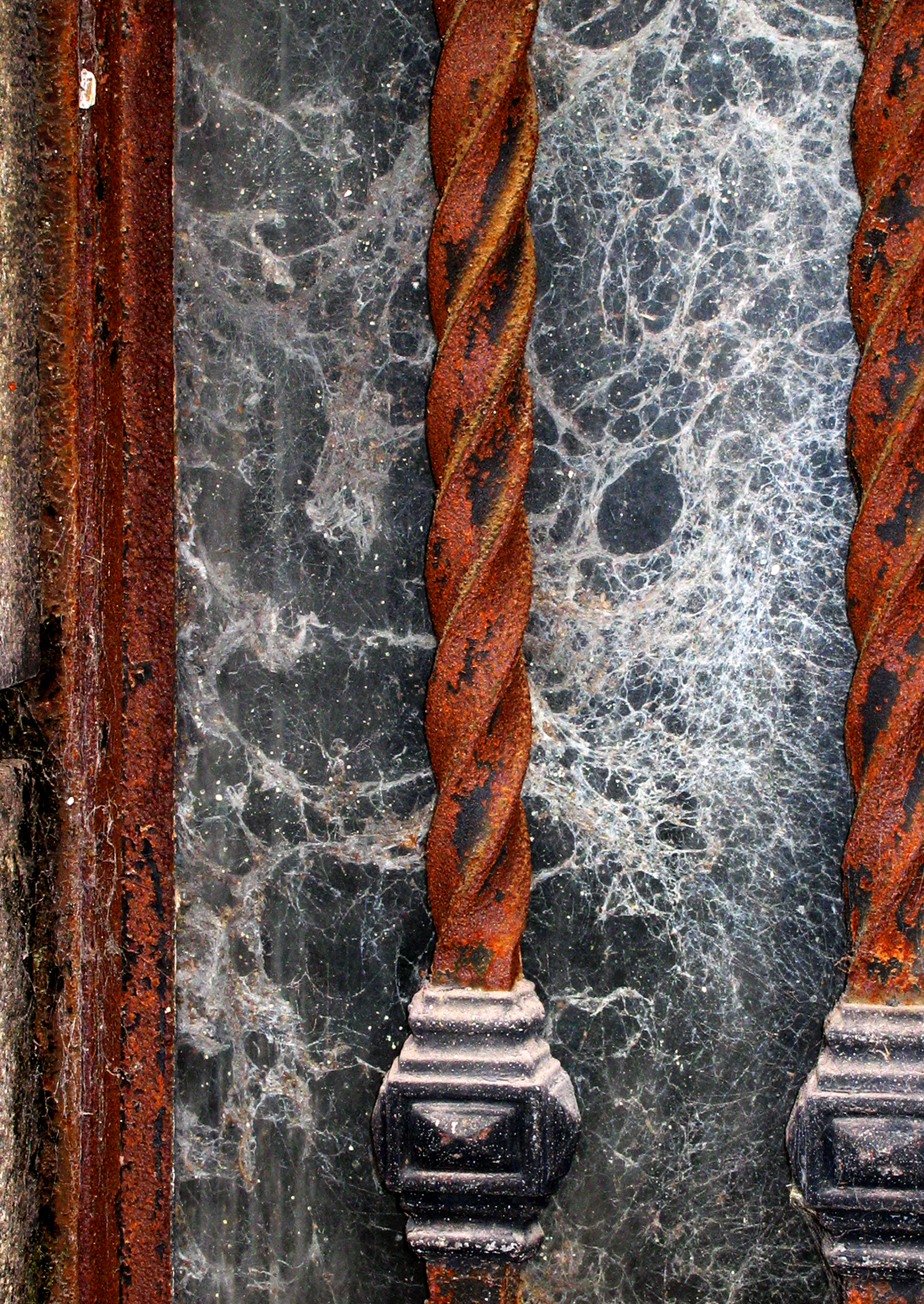
The Rabbi's face suddenly froze, his eyes stood out like balls of ice. Under the table the strangers had hidden the bloody corpse of a child. Only he could see it.
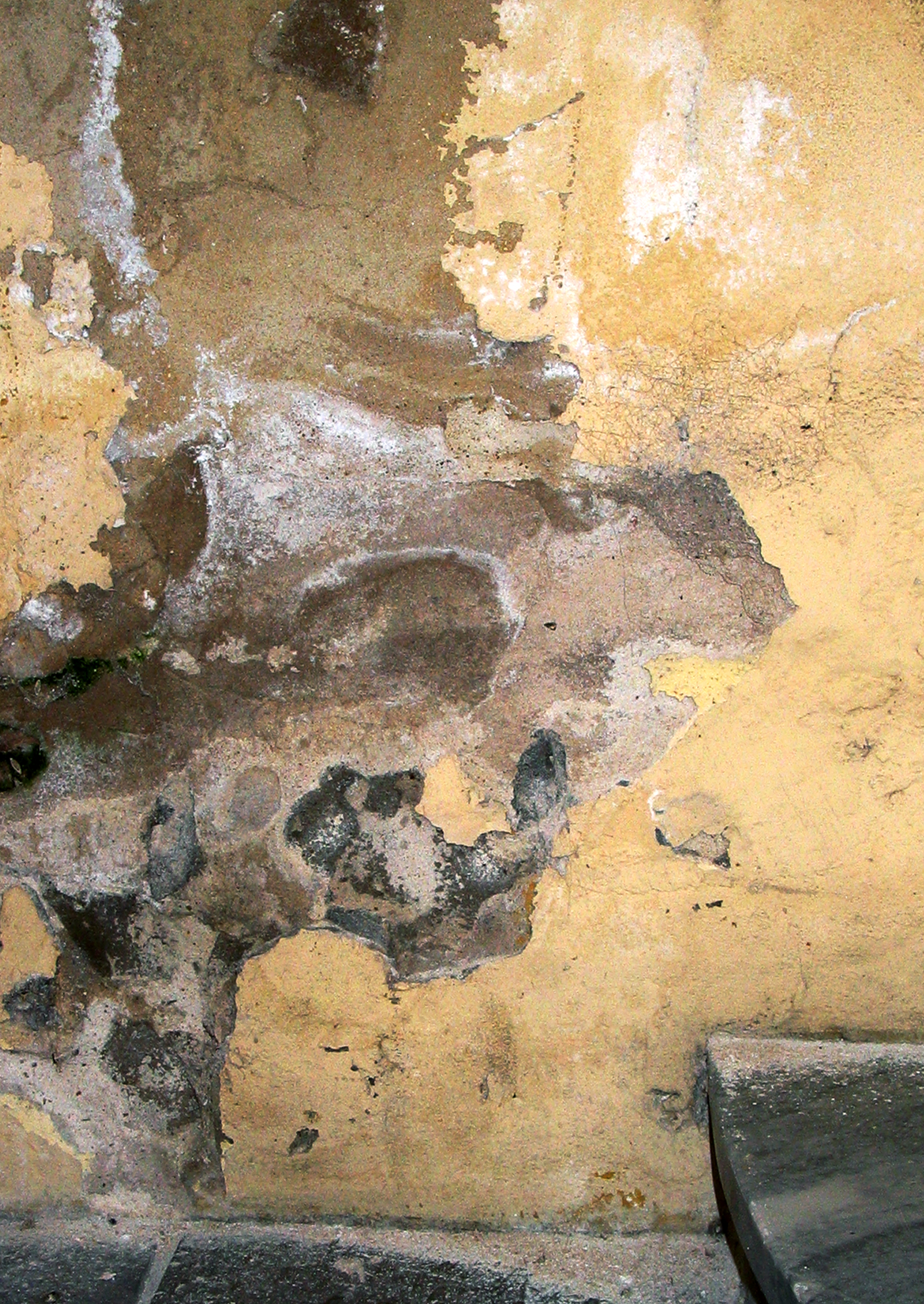
Taking Sarah aside, the Rabbi grasped her hand and quickly drew her away, out onto the highway leading along the Rhine.

Sarah followed her husband in silence, perhaps because she had long been accustomed to obey her husband without question - perhaps too, because fear sealed her lips from within.
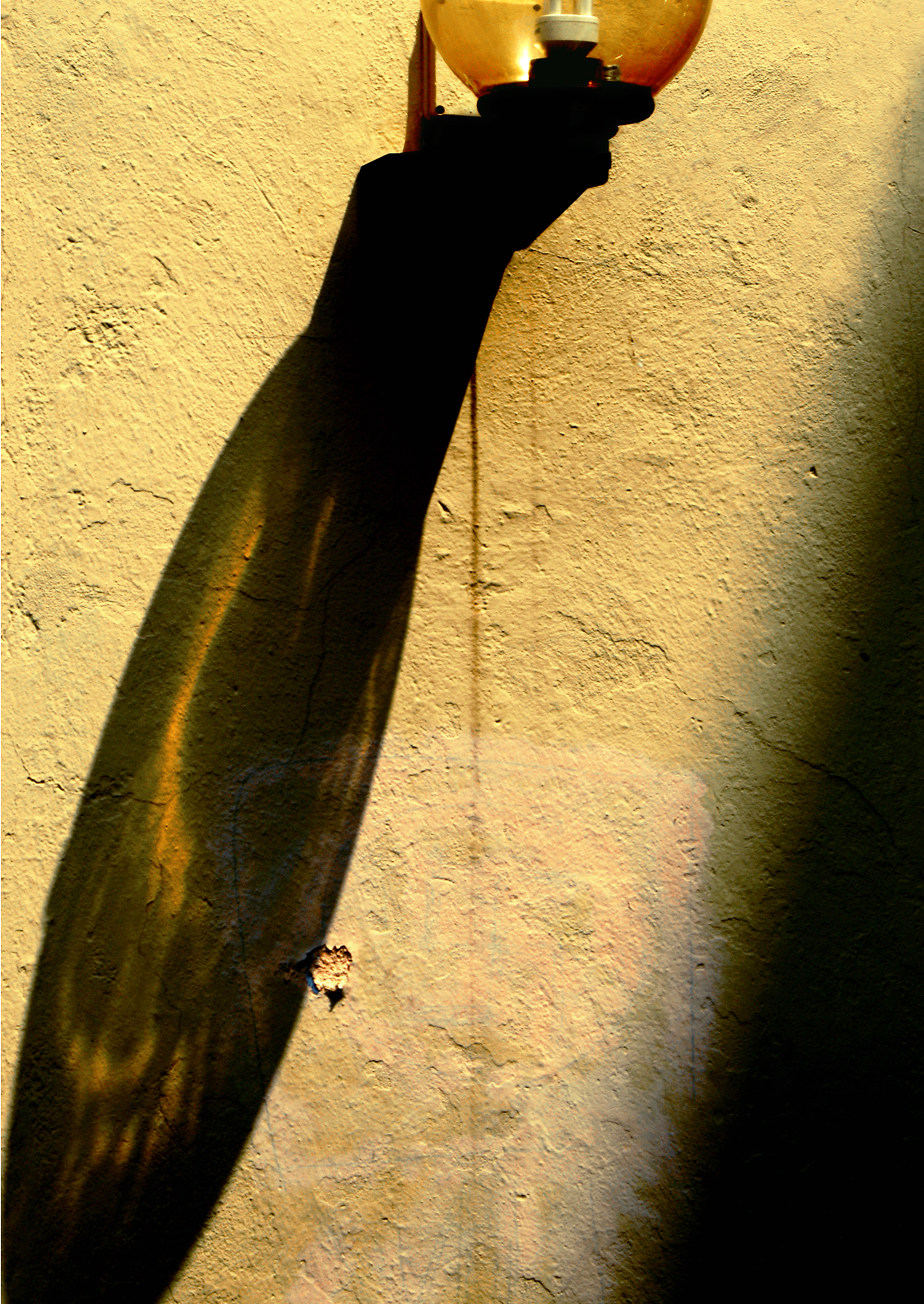
The moon cast malicious stripes of light over the darkly murmuring river.
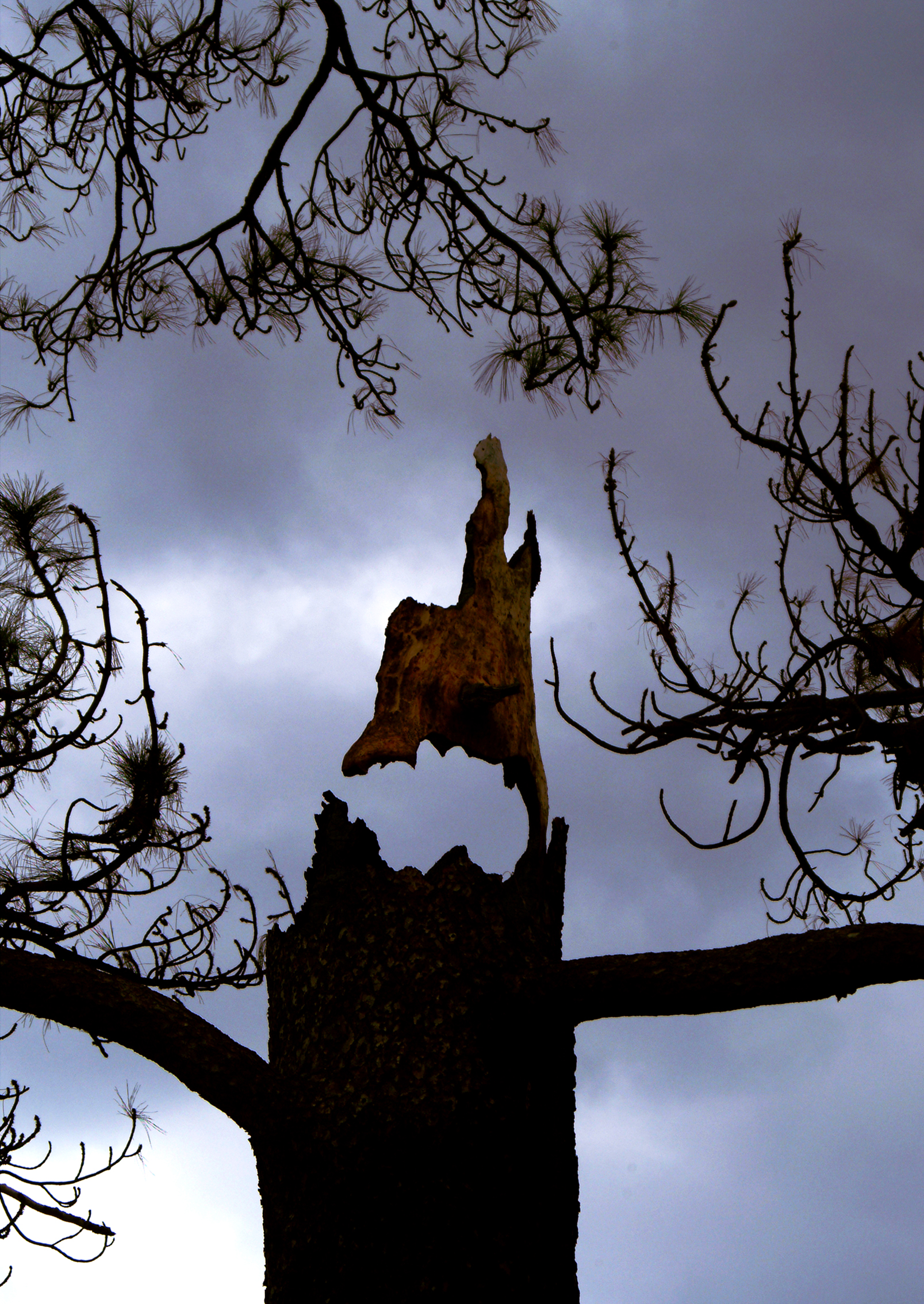
Abraham whispered, "Do you see the Angel of Death? Down there he is hovering over Bacharach."

"But have no fear," he said, "Our friends and relatives will not be harmed. It was my blood after which the villains lusted."
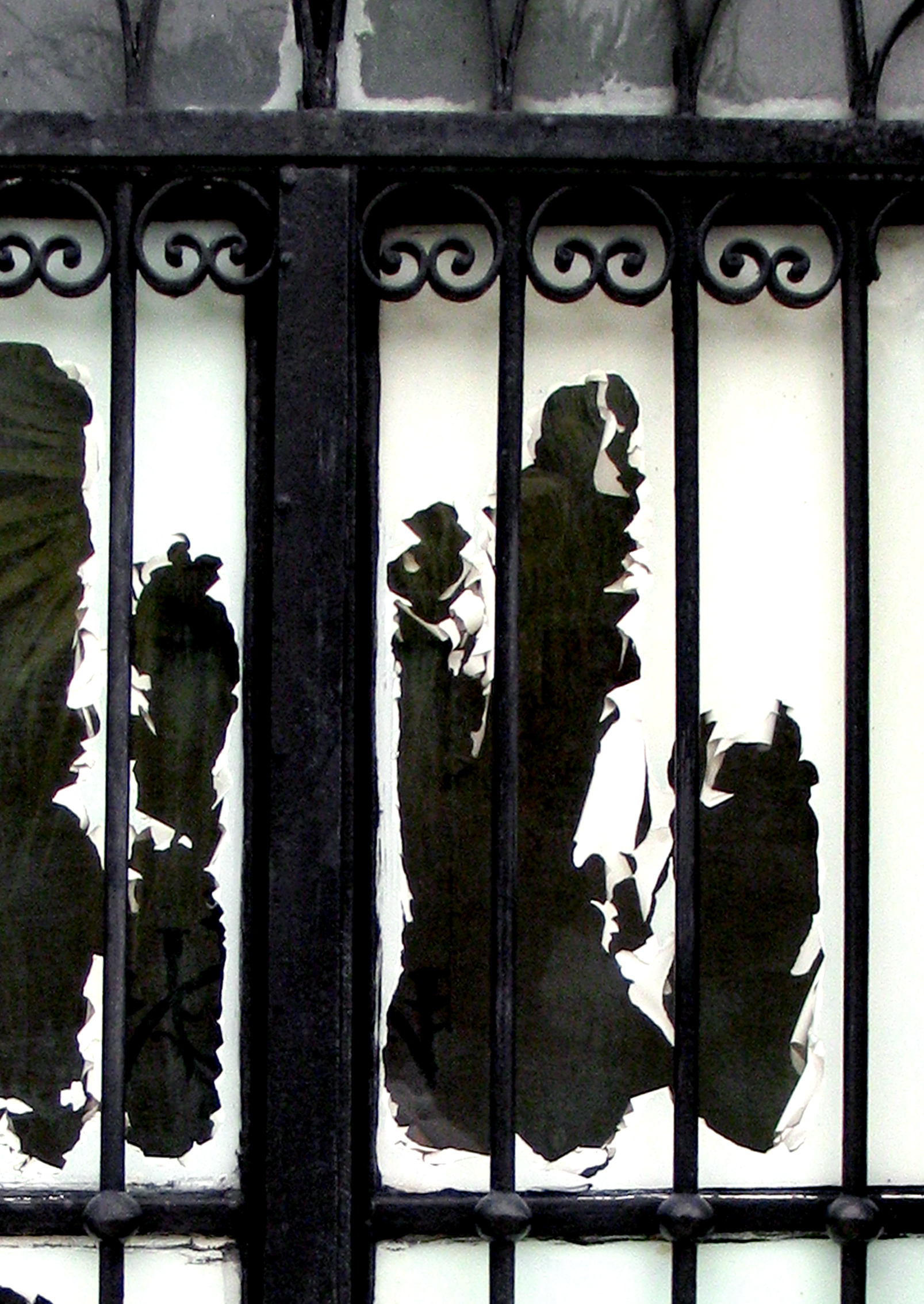
"Come with me, Sarah, to another land. The God of our fathers will not forsake us. Down there Silent William stands by his boat. He will row us up the Rhine."
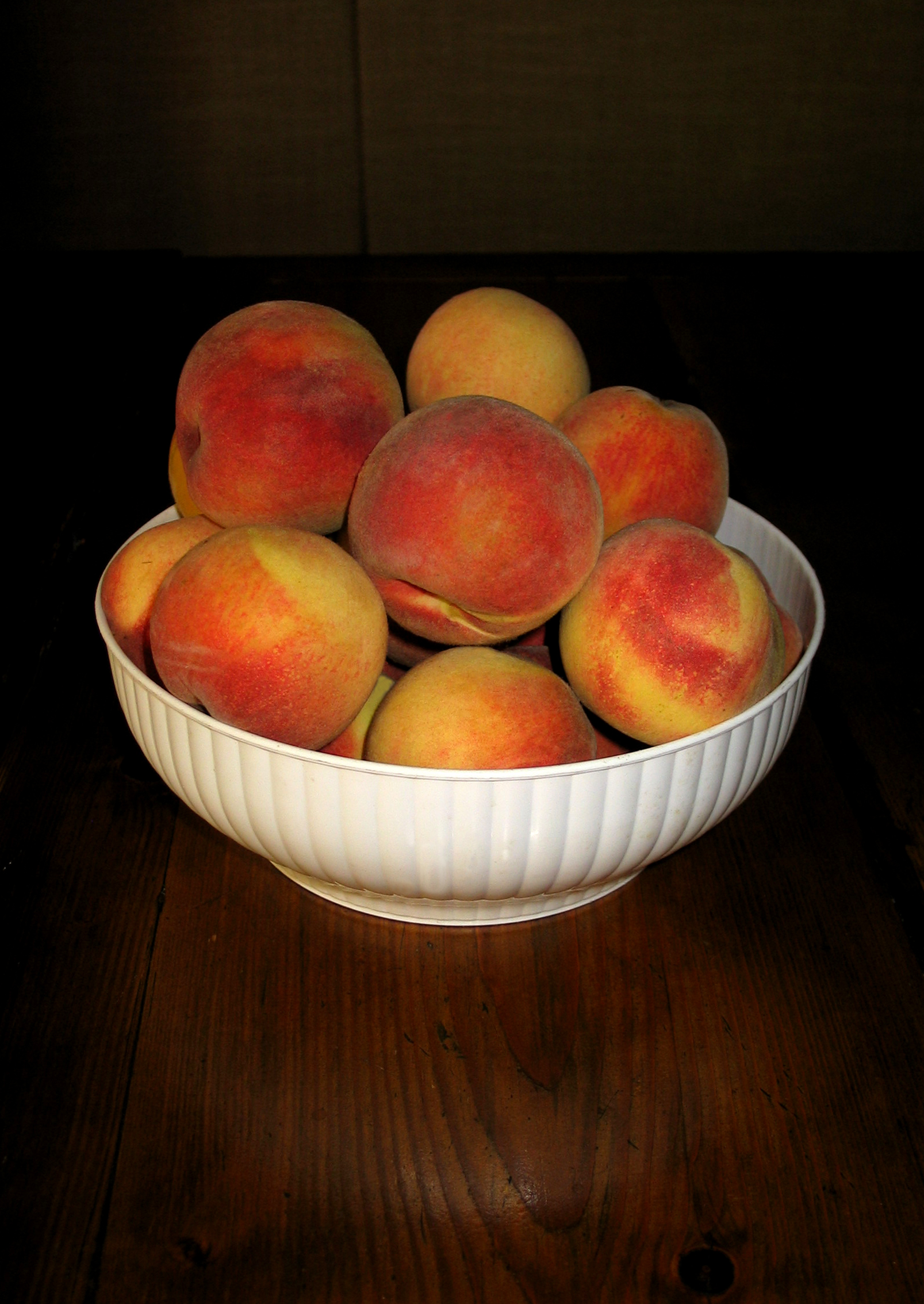
"Silent William bears a great resemblance to my later brother," remarked Sarah. "Angels all look alike," the Rabbi replied.
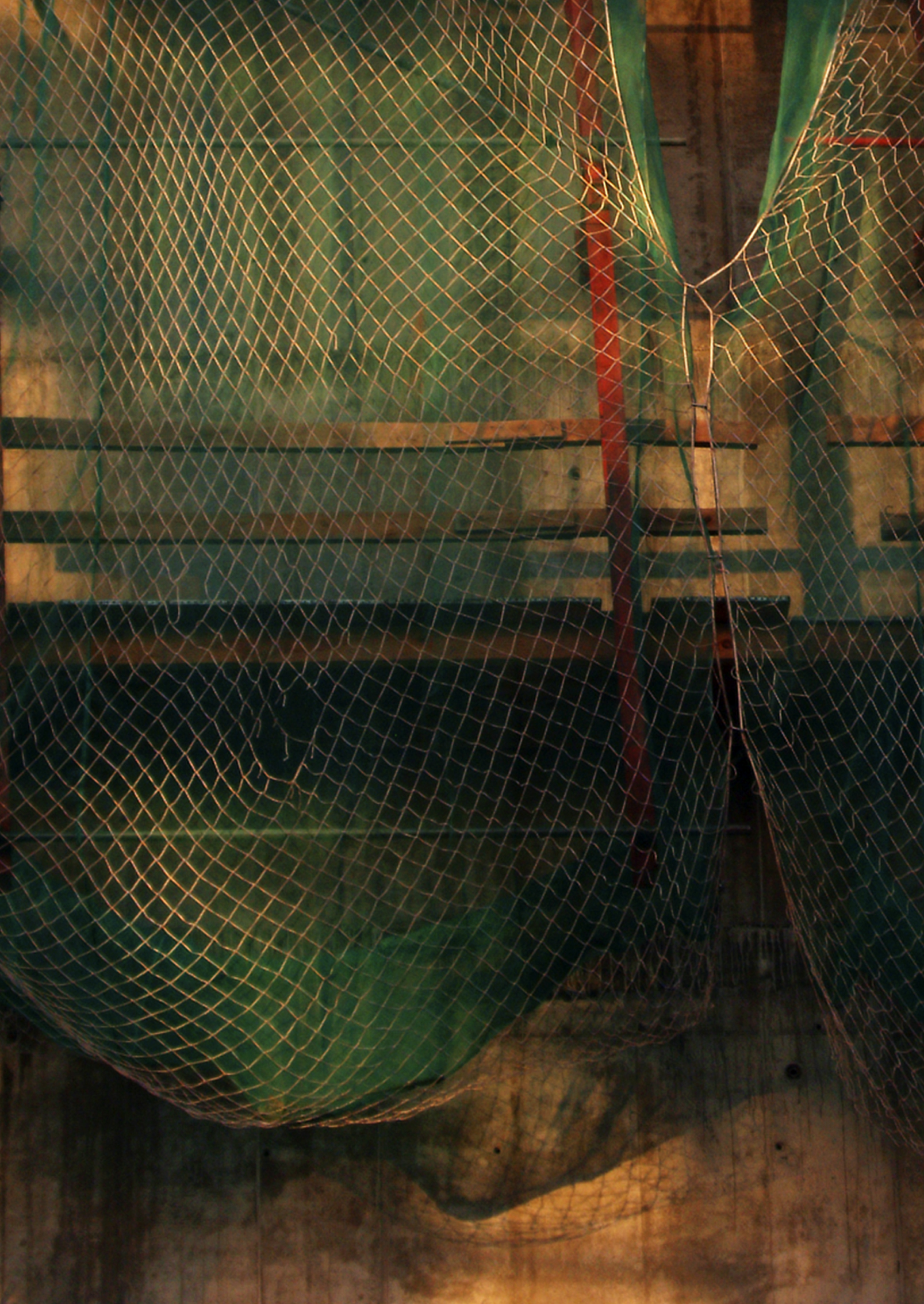
Borne down the Rhine on a night in spring, even the saddest feel strangely calmed.
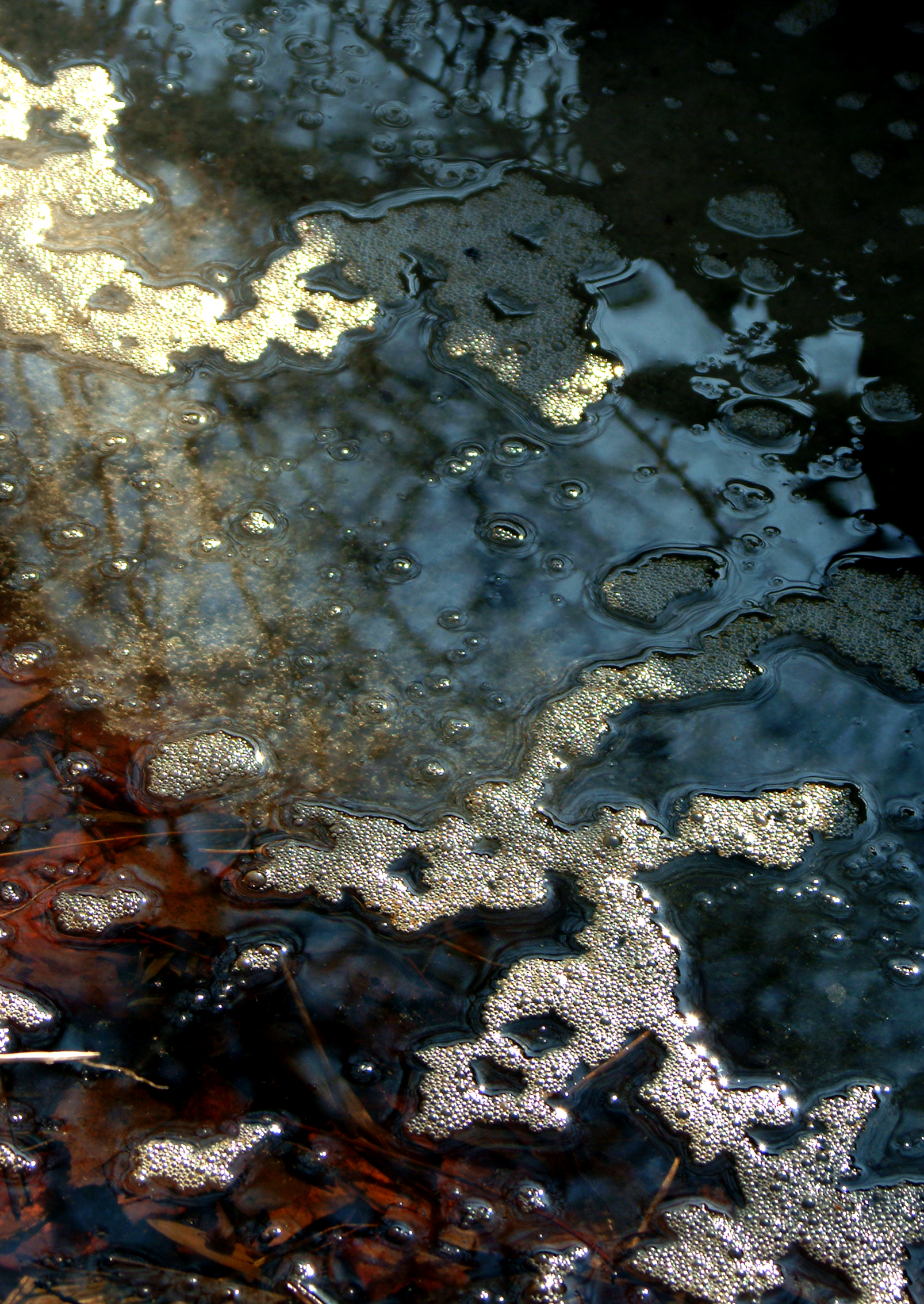
Old family stories swept through Sarah's mind like a shadow play, Rabbi Abraham rushing in and saying solemnly, "I hereby take you for my wife."
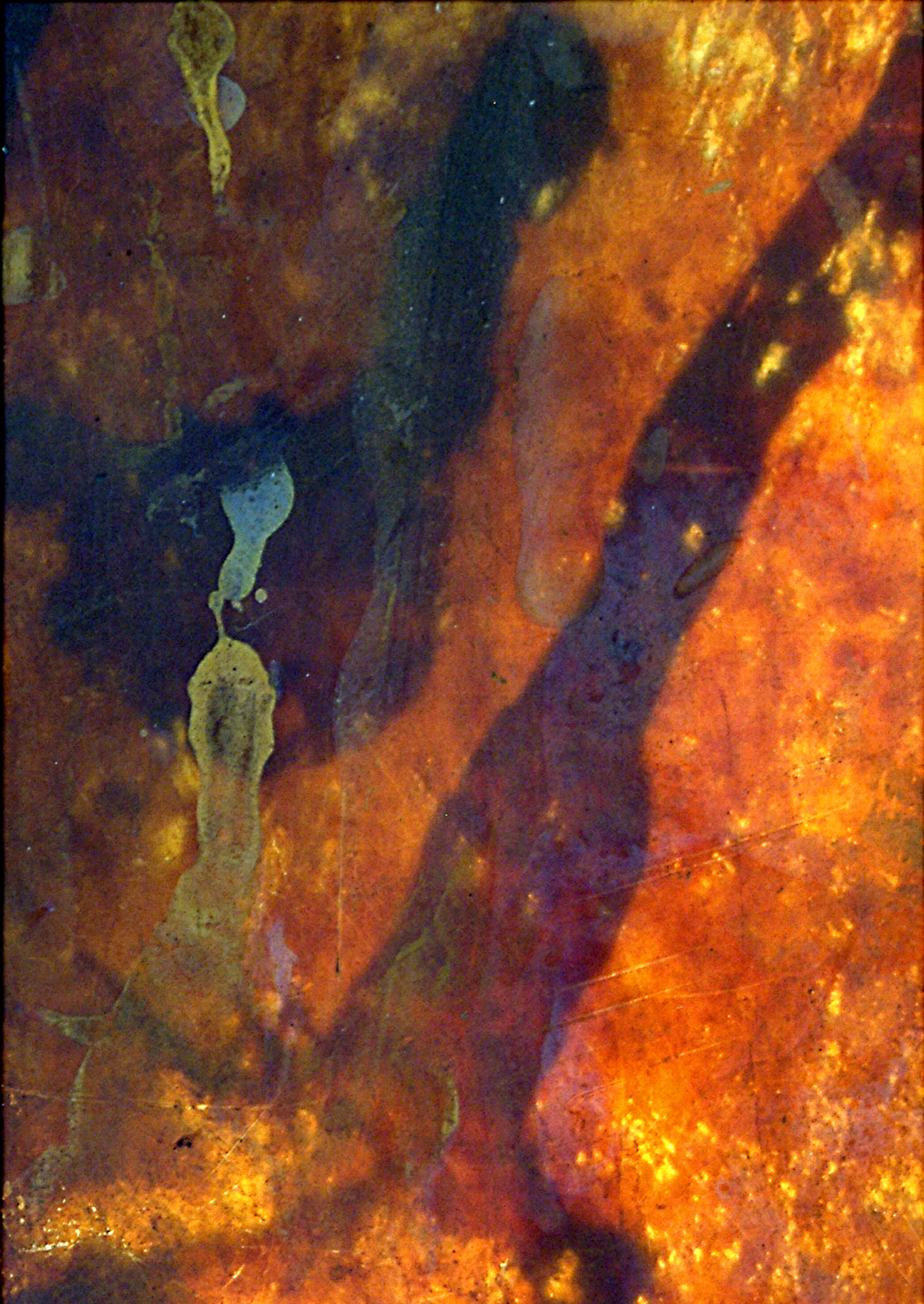
Fairy tales mingled with images from the Haggadah - enchanted princesses, Mount Sinai in flames, King Pharaoh swimming in the Red Sea with his jagged golden crown clutched in his teeth, frogs with human faces swimming after him.
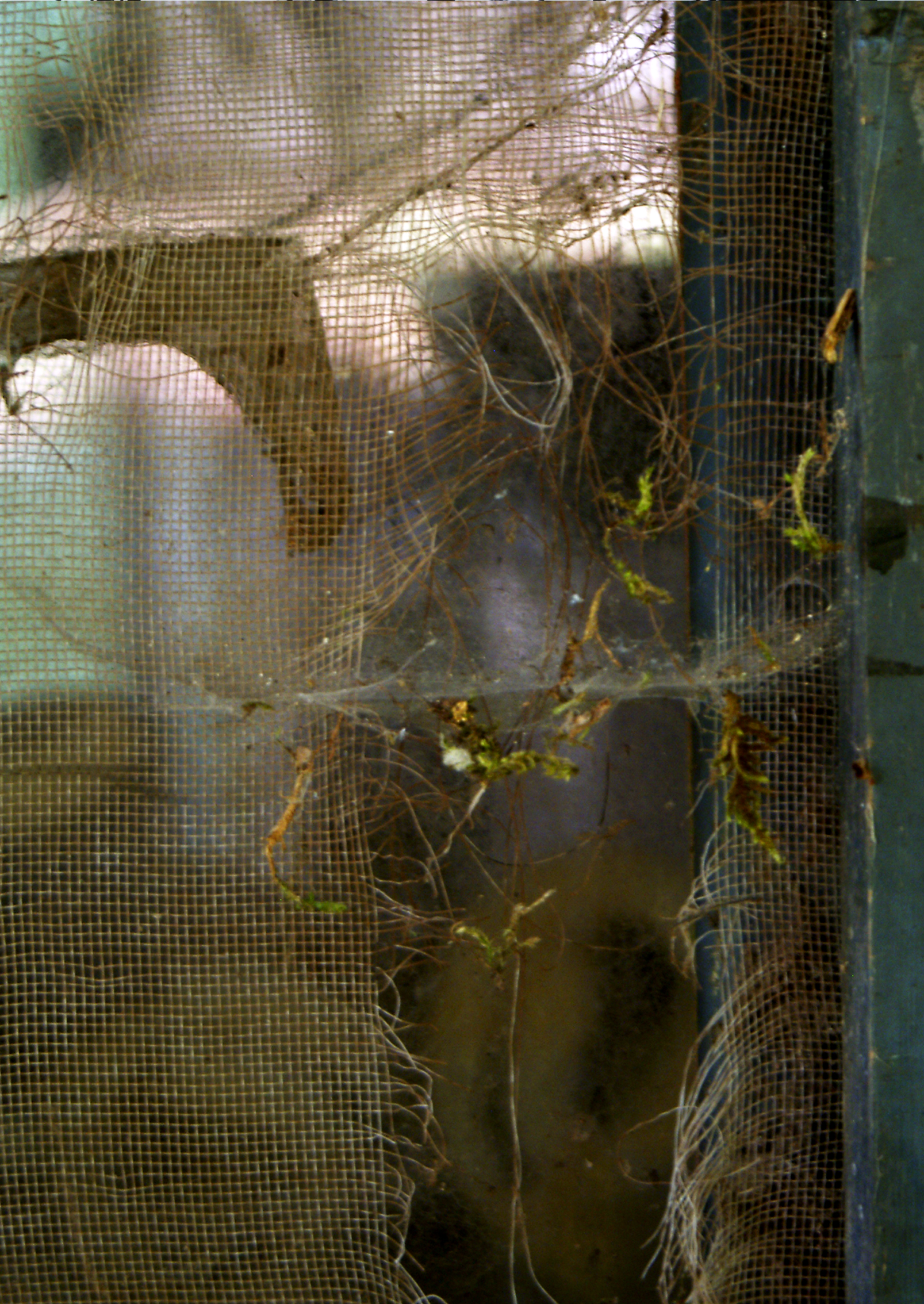
Suddenly Sarah thought she saw her friends and relatives rushing past in terror.
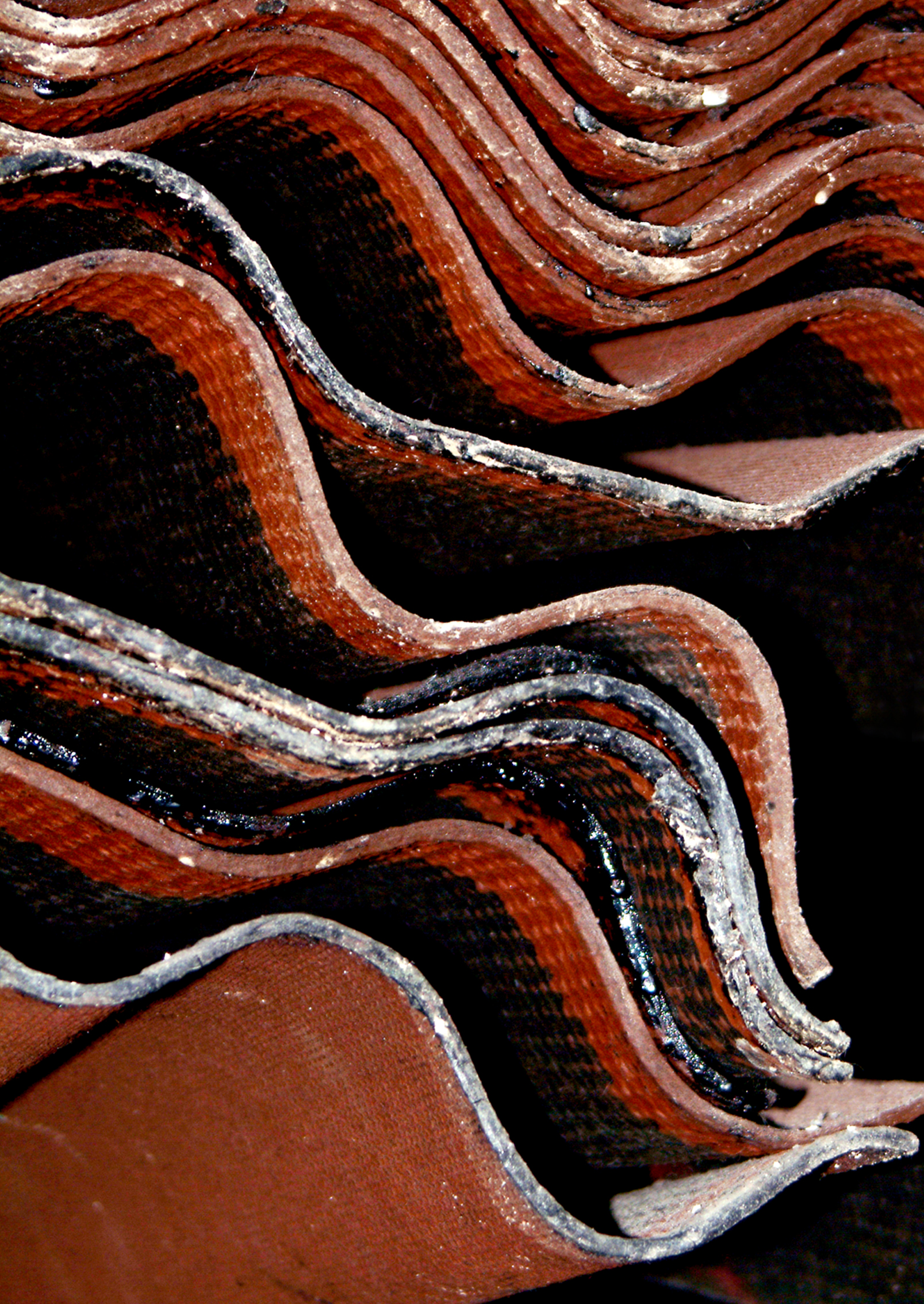
When she opened her eyes, Sarah was all but blinded by the rays of the sun. The high towers of Frankfurt rose before her.
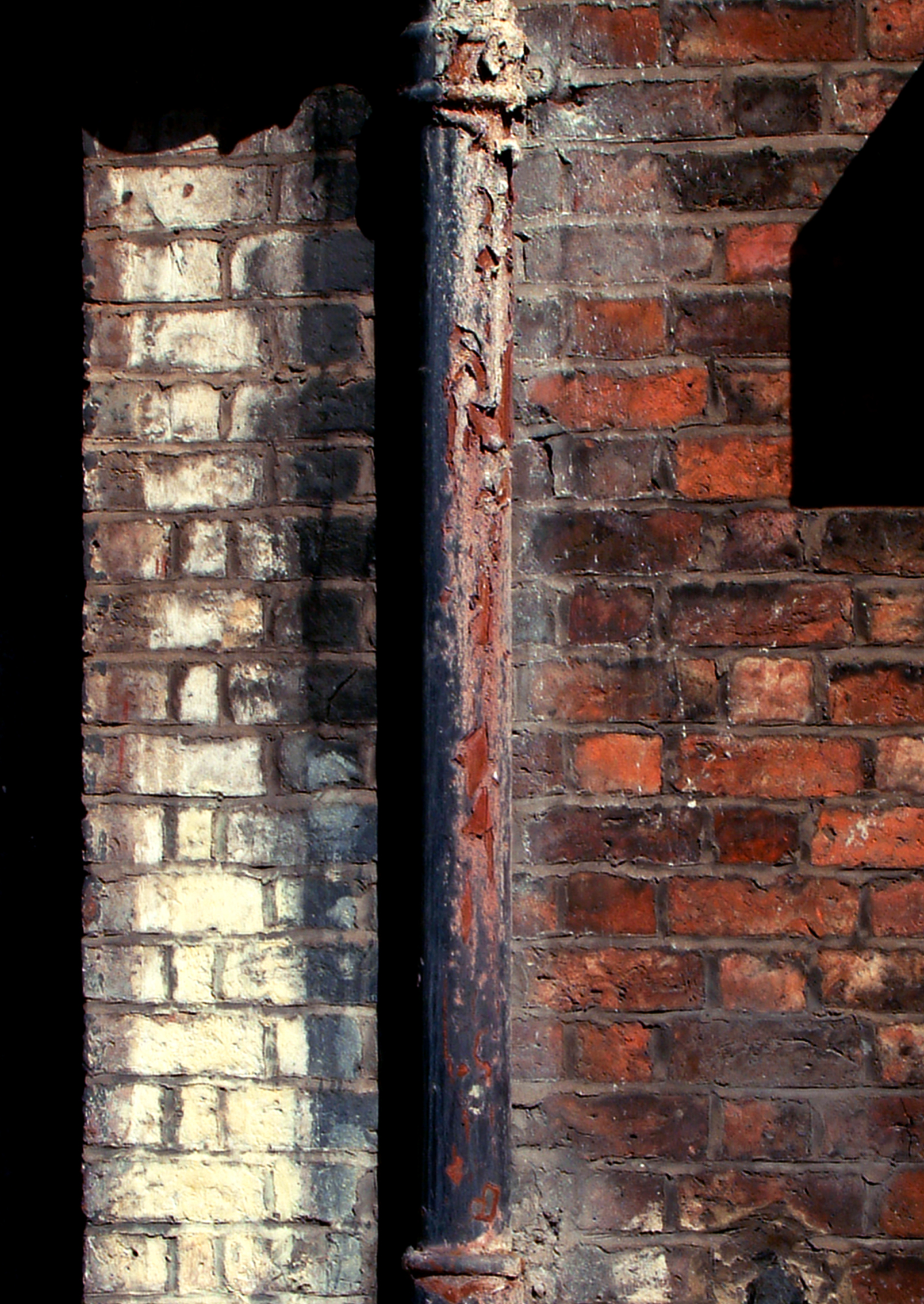
Here, too, the Jews lived in fear and in the memory of past distress. In the year 1240 the unleashed populace had wrought a great bloodbath among them that was called the first Jew-hunt.
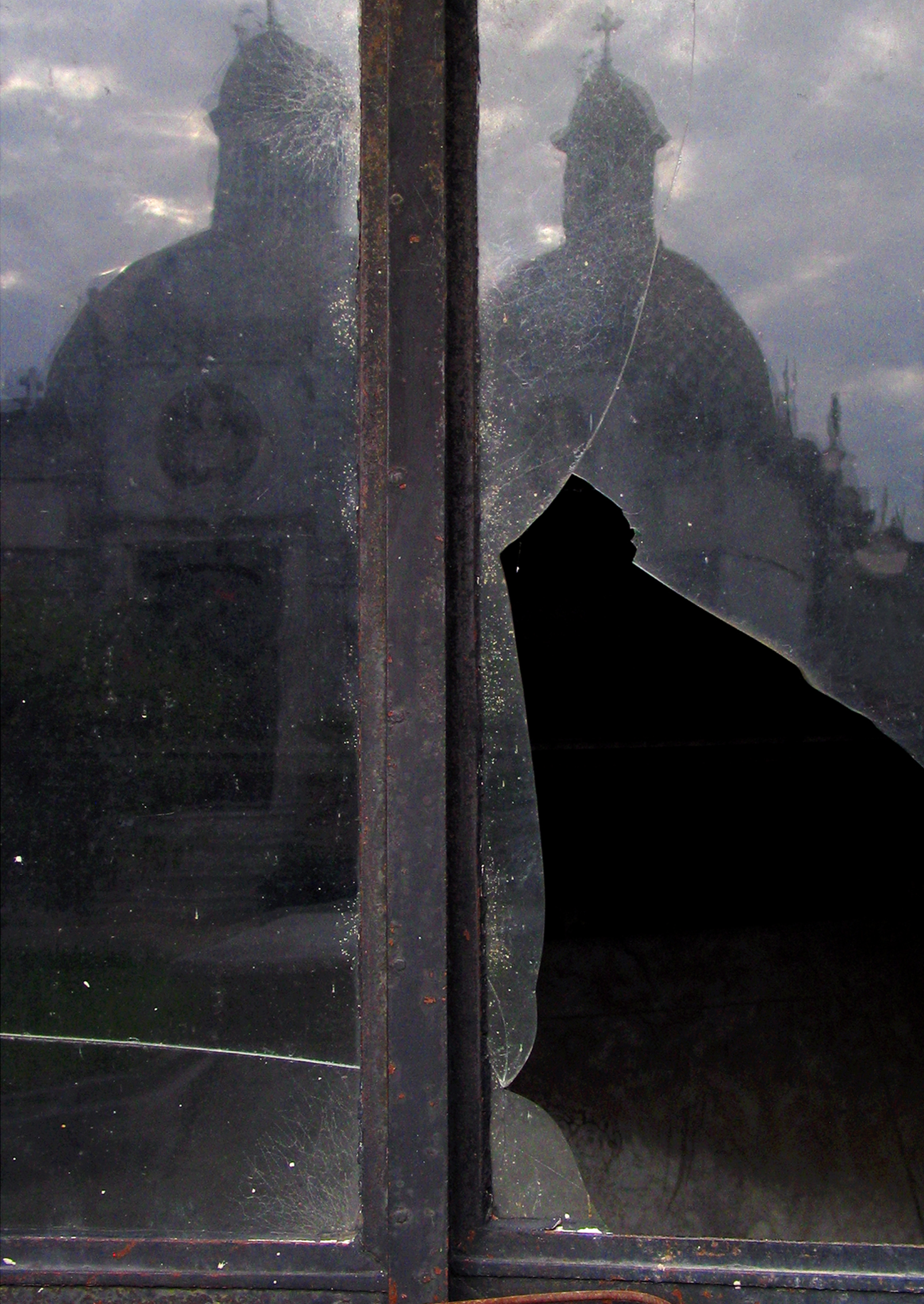
"Tell me, Rabbi," said Jeckel the Fool, leaning out of the guardhouse. "Why are you traveling on the Sabbath?"
"My excuse is written in the Talmud," answered the Rabbi. "Danger ousts the Sabbath."
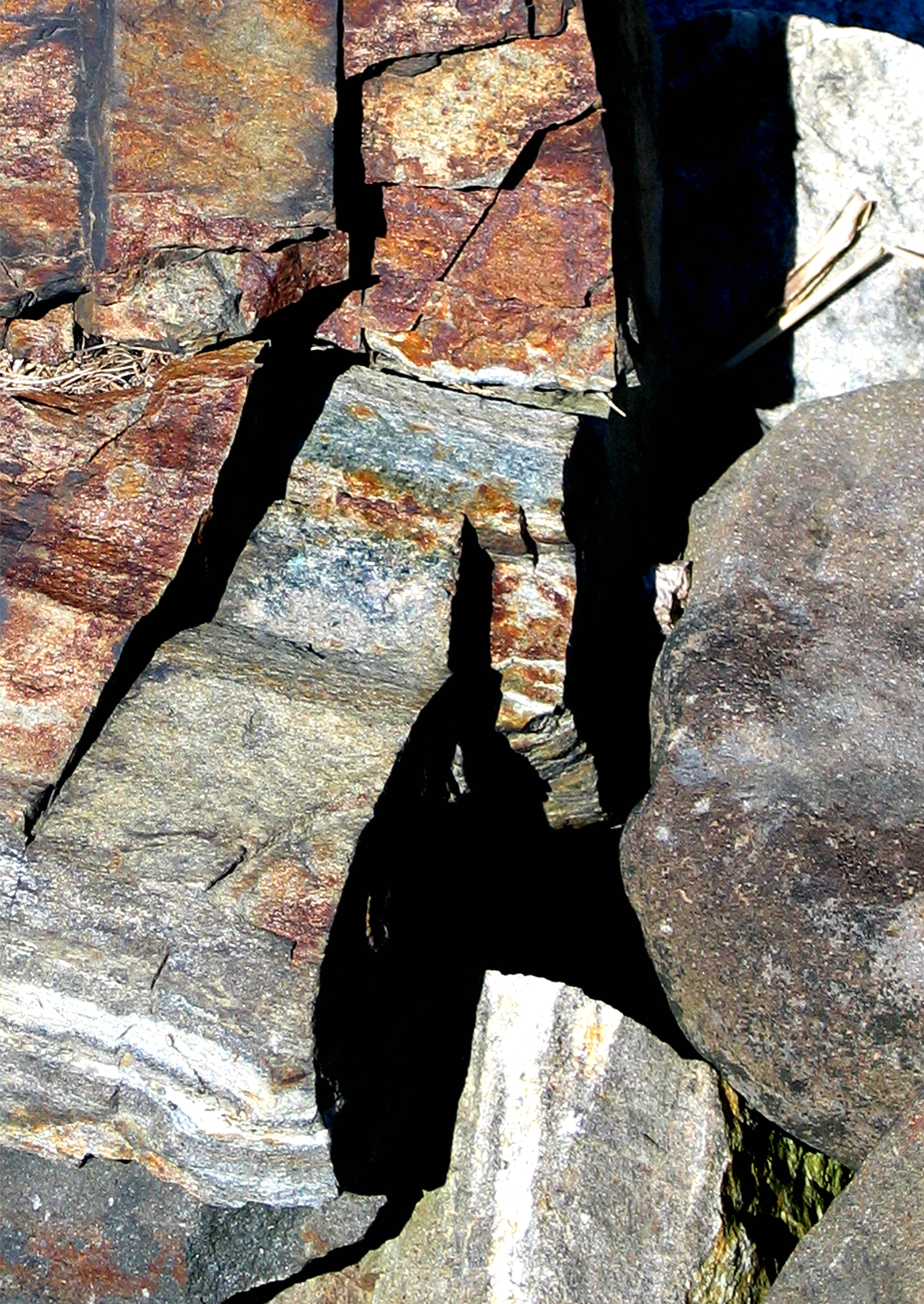
The Rabbi walked with his wife up Jew Street. "See, Sarah," he sighed. "How ill-guarded is Israel! False friends watch over its gates from the outside, and its sentinels within are Fear and Folly."
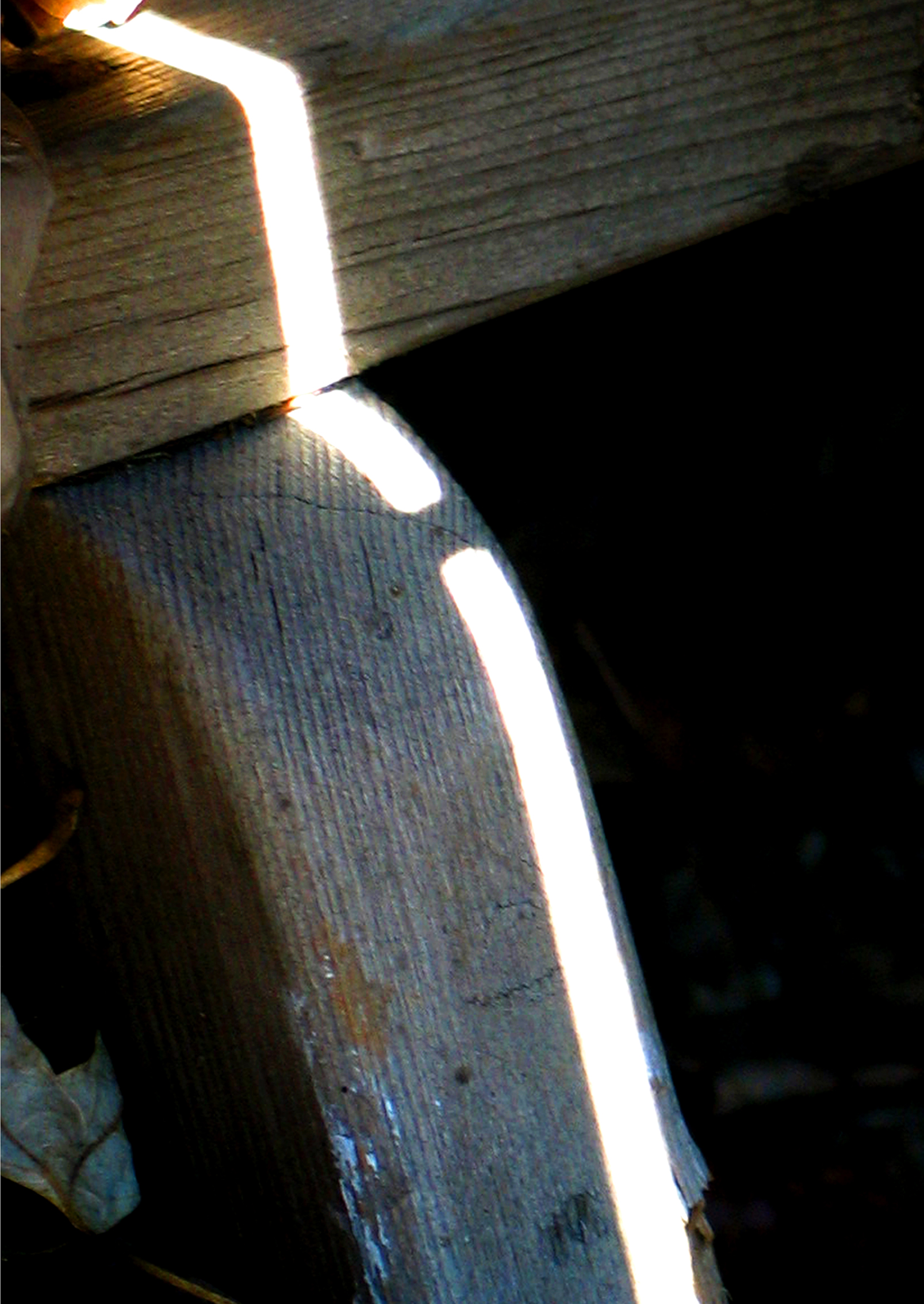
The walls of the synagogue were plainly white-washed and no kind of ornament was to be seen.
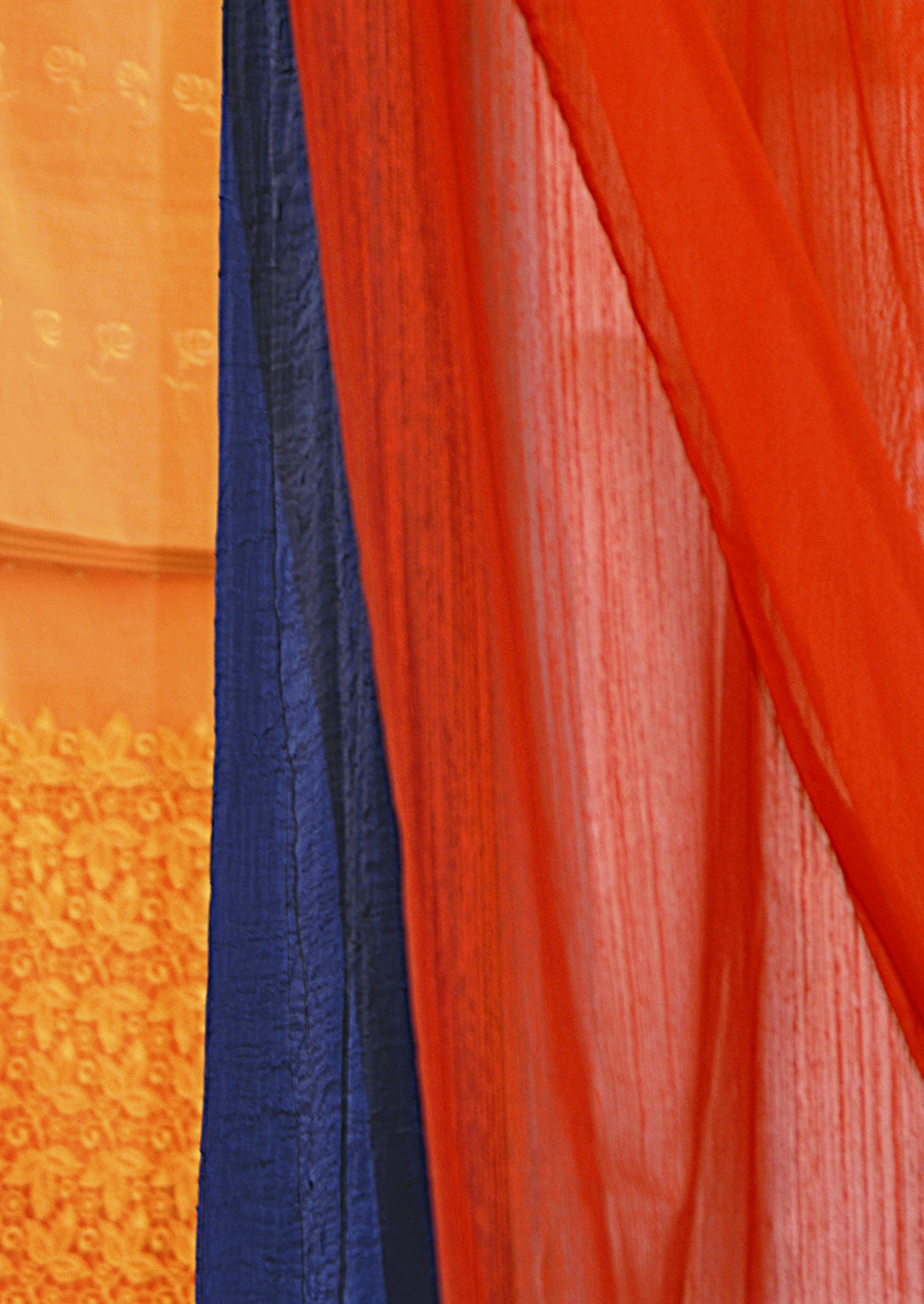
Jews have banished instrumental music in the belief that hymns of praise to God are more luminous arising unaccompanied from the warm human breast.
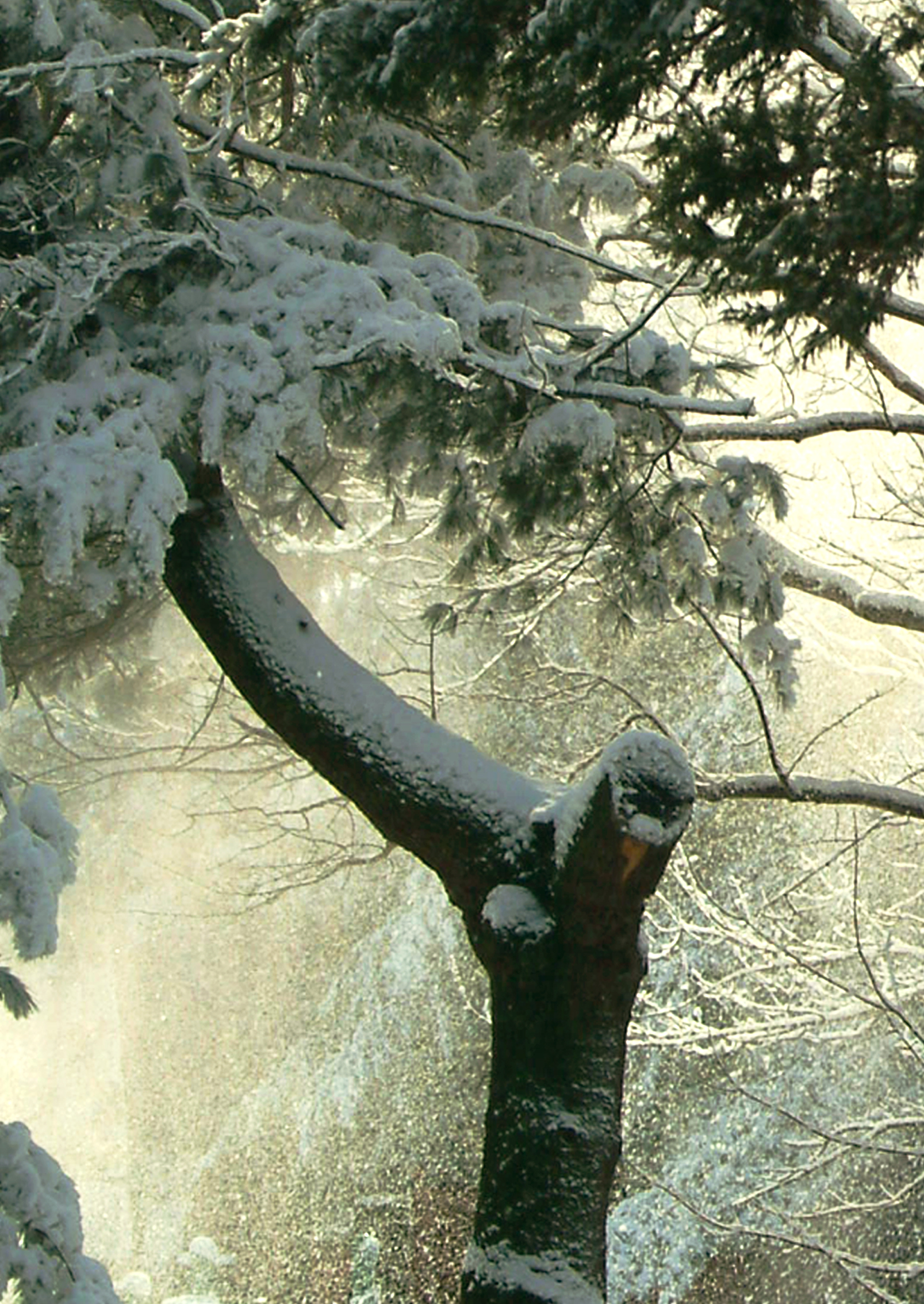
The cantor pressed the book to his heart, raising his voice so jubilantly in a song of thanksgiving, to Sarah it seemed the dome of the synagogue had burst, and the joy of God poured down out of the sky.
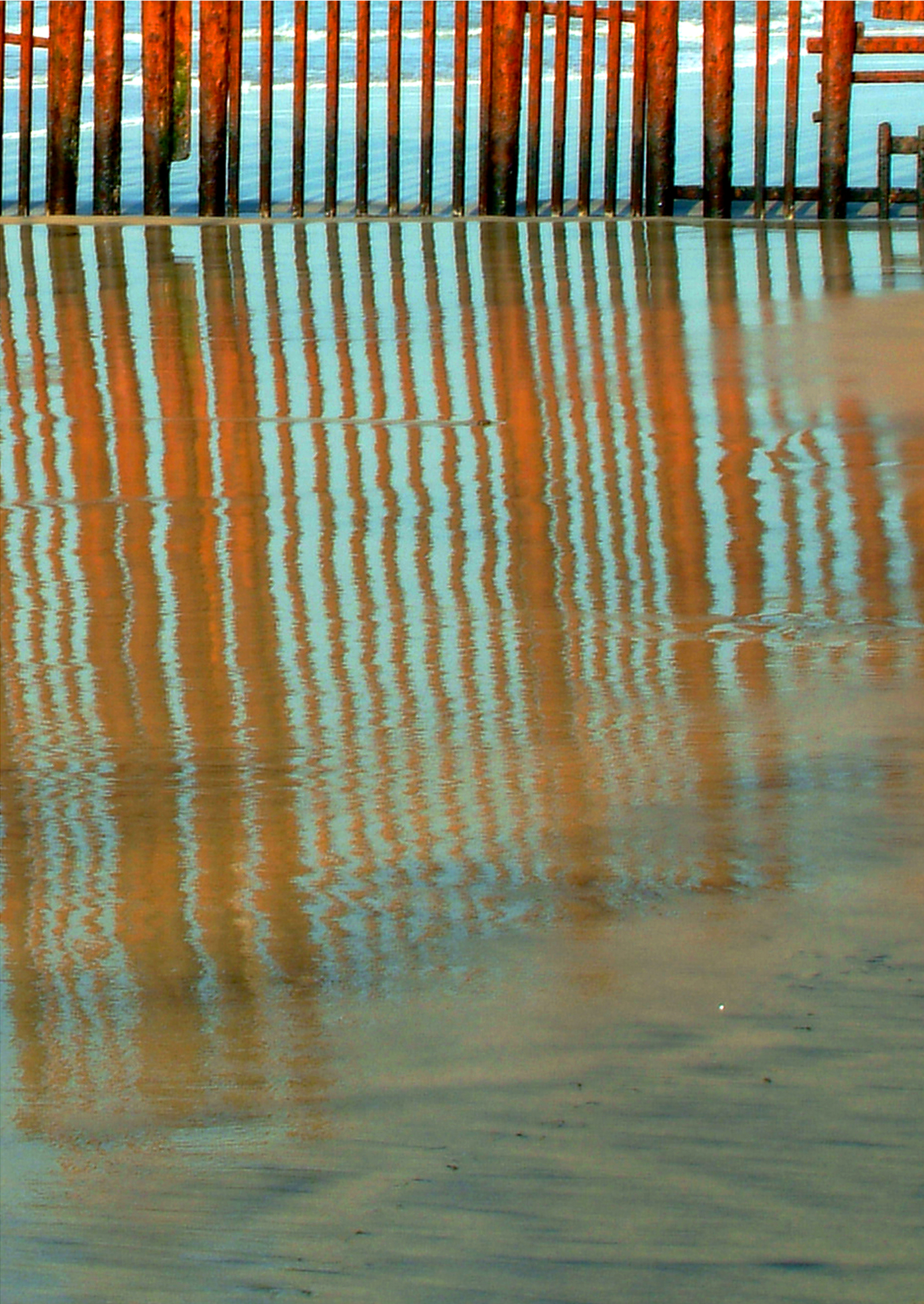
Moved and comforted, Sarah looked down to the section below where the men prayed, feeling safe among so many people so nearly related to her by common descent, bent of mind, and suffering.
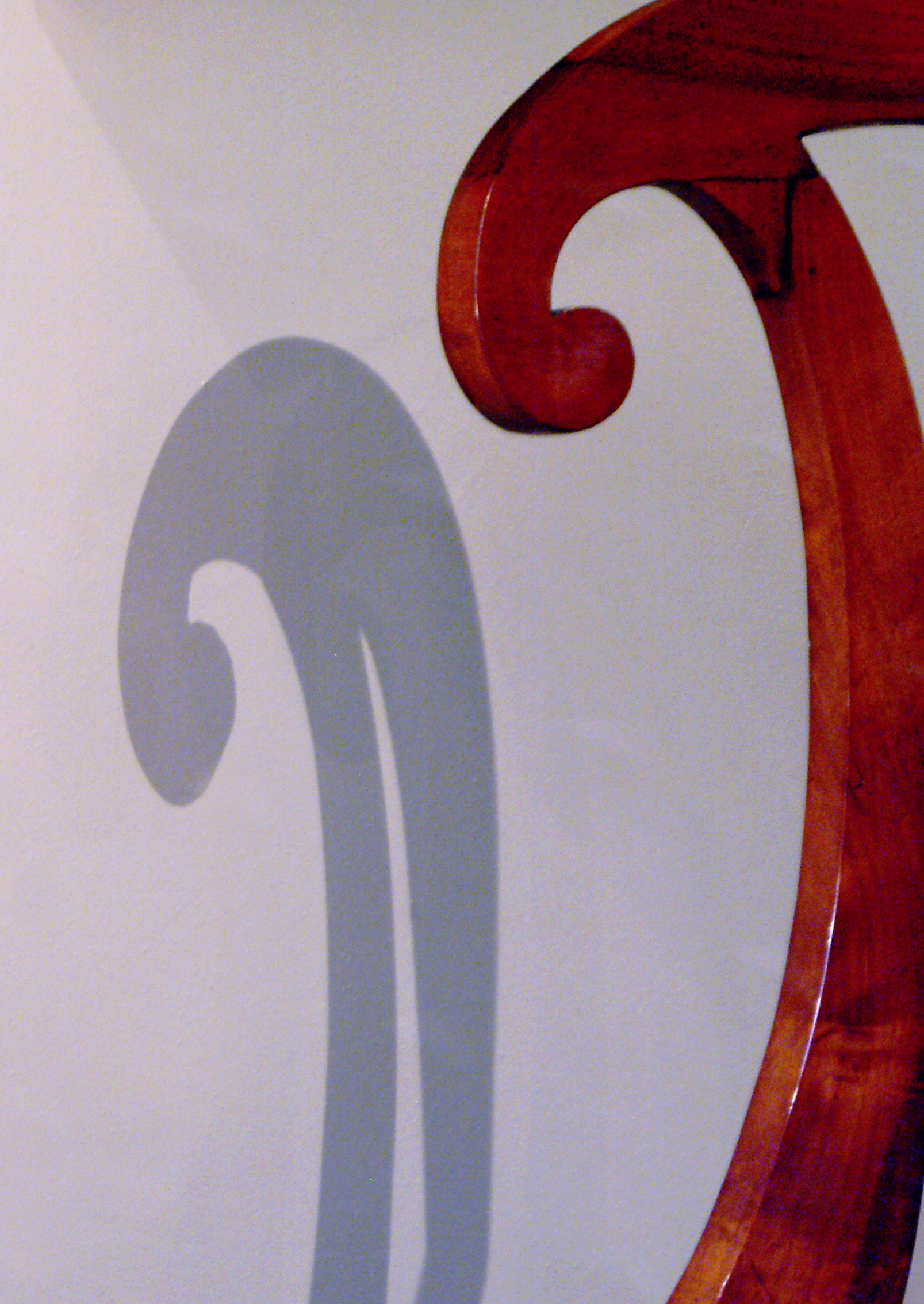
Following the custom, the Rabbi stood to thank Divine Providence for having escaped great danger.

Sarah recognized her husband's voice, noting how its tone gradually shifted into the dark murmurs of the prayer for the dead. The names of her relatives and friends were spoken, accompanied by that blessing reserved for the departed.

The last hope left Sarah's soul.






































Above the Rhineland, where the great river's banks cease to smile, lies the gloomy, ancient town of Bacharach.
One of the most isolated and helpless of bodies, gradually crushed by the civil law, was the small Jewish community, which had first settled in Bacharach in Roman days.
On Passover, the Jews were entirely in the hands of their enemies, who could encompass their destruction with ease by spreading rumors of an infanticide, perhaps even sneaking the corpse of a child into a Jewish outcast's house.
There would be murder, plunder, and baptism; and great miracles would be wrought by the dead child, whom the Church might even canonize in the end.
Saint Werner is one of these saints; in his honor several great churches were built along the Rhine and innumerable Jews abused and murdered.
The more they were beset with hate from without, the more fond and tender grew the Bacharach Jews' domestic life, and the more profound their piety and fear of God.
A model of godly conduct was the local Rabbi, called Rabbi Abraham, whose life had been extremely pure, pious and earnest. He observed the most trivial rites with painful conscientiousness.
The Rabbi had wed Sarah, against her father's will. He roared and raged at her: "Cut off your hair. You are a married woman."
The Rabbi's marriage was childless, yet there was about him no lack of life or gaiety. The great hall of his house was open to the whole community.
The nocturnal festival of Passover is melancholically gay and gravely playful, mysterious as a fairy tale.
On this Passover, everything in the hall was brighter than usual. The Sabbath lamp cast its festive light on the faces of old and young.
Taking a piece of the unleavened bread, the Rabbi raised it and read the words from the Haggadah: "Behold, this is the bread our fathers ate in Egypt. Whoever is hungry, let him come and share it."
The door of the hall opened and two tall, pale men entered, wrapped in wide cloaks, and one of them said: "Peace be with you. We are men of your faith on a journey and wish to celebrate Passover with you."
The Rabbi's face suddenly froze, his eyes stood out like balls of ice. Under the table the strangers had hidden the bloody corpse of a child. Only he could see it.
Taking Sarah aside, the Rabbi grasped her hand and quickly drew her away, out onto the highway leading along the Rhine.
Sarah followed her husband in silence, perhaps because she had long been accustomed to obey her husband without question - perhaps too, because fear sealed her lips from within.
The moon cast malicious stripes of light over the darkly murmuring river.
Abraham whispered, "Do you see the Angel of Death? Down there he is hovering over Bacharach."
"But have no fear," he said, "Our friends and relatives will not be harmed. It was my blood after which the villains lusted."
"Come with me, Sarah, to another land. The God of our fathers will not forsake us. Down there Silent William stands by his boat. He will row us up the Rhine."
"Silent William bears a great resemblance to my later brother," remarked Sarah. "Angels all look alike," the Rabbi replied.
Borne down the Rhine on a night in spring, even the saddest feel strangely calmed.
Old family stories swept through Sarah's mind like a shadow play, Rabbi Abraham rushing in and saying solemnly, "I hereby take you for my wife."
Fairy tales mingled with images from the Haggadah - enchanted princesses, Mount Sinai in flames, King Pharaoh swimming in the Red Sea with his jagged golden crown clutched in his teeth, frogs with human faces swimming after him.
Suddenly Sarah thought she saw her friends and relatives rushing past in terror.
When she opened her eyes, Sarah was all but blinded by the rays of the sun. The high towers of Frankfurt rose before her.
Here, too, the Jews lived in fear and in the memory of past distress. In the year 1240 the unleashed populace had wrought a great bloodbath among them that was called the first Jew-hunt.
"Tell me, Rabbi," said Jeckel the Fool, leaning out of the guardhouse. "Why are you traveling on the Sabbath?"
"My excuse is written in the Talmud," answered the Rabbi. "Danger ousts the Sabbath."
The Rabbi walked with his wife up Jew Street. "See, Sarah," he sighed. "How ill-guarded is Israel! False friends watch over its gates from the outside, and its sentinels within are Fear and Folly."
The walls of the synagogue were plainly white-washed and no kind of ornament was to be seen.
Jews have banished instrumental music in the belief that hymns of praise to God are more luminous arising unaccompanied from the warm human breast.
The cantor pressed the book to his heart, raising his voice so jubilantly in a song of thanksgiving, to Sarah it seemed the dome of the synagogue had burst, and the joy of God poured down out of the sky.
Moved and comforted, Sarah looked down to the section below where the men prayed, feeling safe among so many people so nearly related to her by common descent, bent of mind, and suffering.
Following the custom, the Rabbi stood to thank Divine Providence for having escaped great danger.
Sarah recognized her husband's voice, noting how its tone gradually shifted into the dark murmurs of the prayer for the dead. The names of her relatives and friends were spoken, accompanied by that blessing reserved for the departed.
The last hope left Sarah's soul.